TEACHING::: cultural political landscapes
Hyunch Sung teaches as a way to build community and understand her system of values through interactions with students as designers, scientists, activists, and storytellers. She has taught urban design studios focused on cultural-political landscapes and radical empathy at USC, Cal Poly Pomona, and UC Berkeley. Teaching hones the skills of listening and crafting imagination to redefine the limits of political realities. She feels tremendous joy in having the privilege to witness a student’s imagination and memory. The learning, creative mind is a state of emergent curiosity and intuitive iconoclasm. Hyunch hopes to never relinquish this part of the design mind to the grind of “landscape architecture as a profession”. She understands that academia is a place where practitioners of color can uplift BIPOC student experiences and stories.

home territory, democratizing public space
:::
home territory, democratizing public space :::
THIRD YEAR GRADUATE STUDIO COURSE
USC Graduate Department of Landscape Architecture & Urbanism
Spring 2021 | Co-taught w/ Katy Foley
This studio course explores the democratization of civic space. This Advanced Design – Research studio will analyze existing models of home and shelter with a critical, imaginative, and empathetic eye in order to propose alternate ways that landscape can be a home for the unhoused. The course is intended to follow ARCH 698a: Spatial Politics of Homelessness. We will build upon the principles of the research seminar by refining research inquiry, practicing methodologies and testing spatial outcomes through the design of the landscape. Our group’s research focus will be re-envisioning landscape as a material for housing and social advancement so that we may reveal new models for shelter, advance our methods of community engagement, and identify equitable futures within the designed environment. Engaging with lived experiences via listening, amplifying community stories, and documentation will be emphasized. Partnerships with existing non-profits and social service organizations will be seminal to the studio work.
Students will be encouraged to utilize advanced material expression for visualization purposes. Exercises will promote individual responses through making in order to work toward personal and unexpected outcomes. Individuals will tackle themes that may emerge from identification with home or the critique of embedded cultural practices which collectively informs a sensitive and innovative approach toward housing justice. We will pull apart binary ways of thinking and designing by analyzing values that seem toconflict with each other: private space versus public space; independent economies versus communal economies; permanent housing versus transitional housing. Students will be asked to take a stance as they expand definitions of underutilized landscapes in the city of Los Angeles to better understand how to harness home.
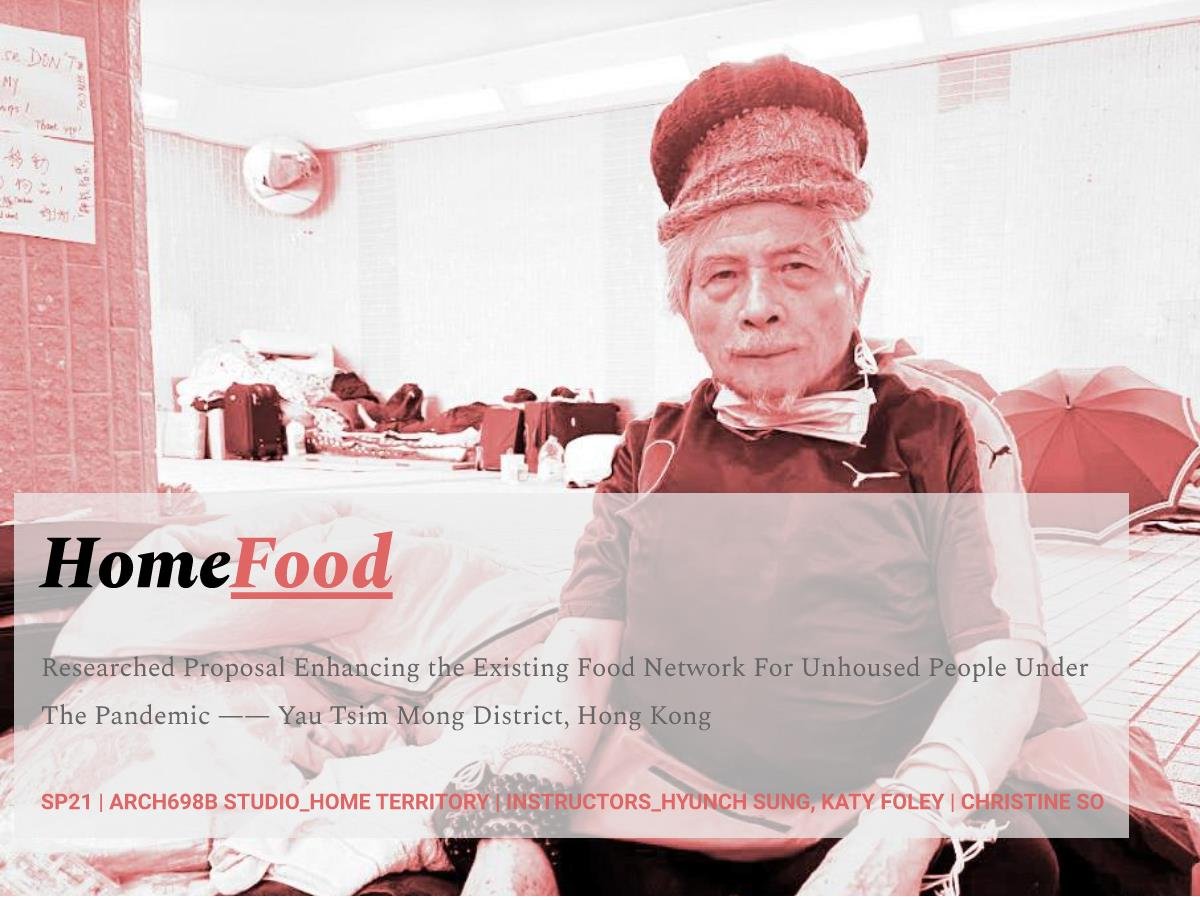
Student Work | Christine So | HomeFood
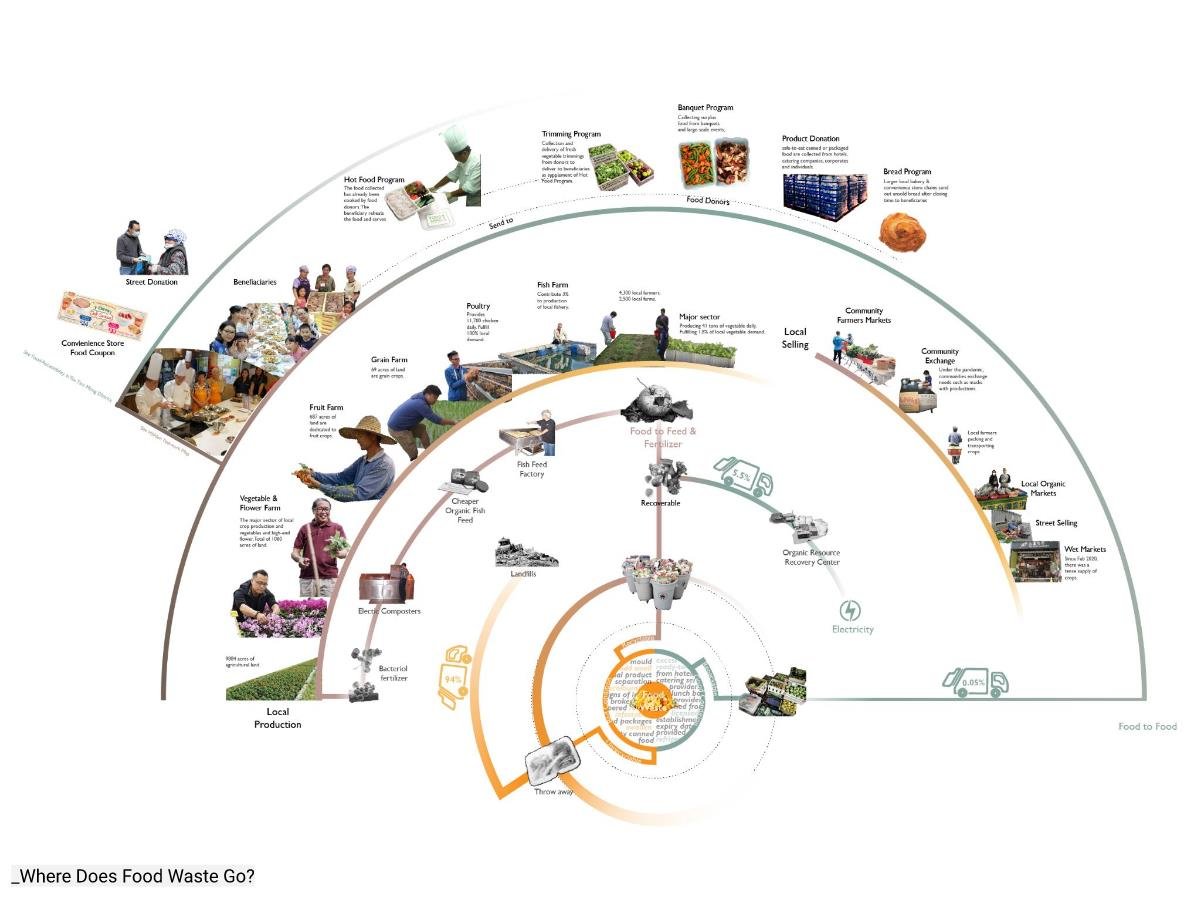
Student Work | Christine So | HomeFood
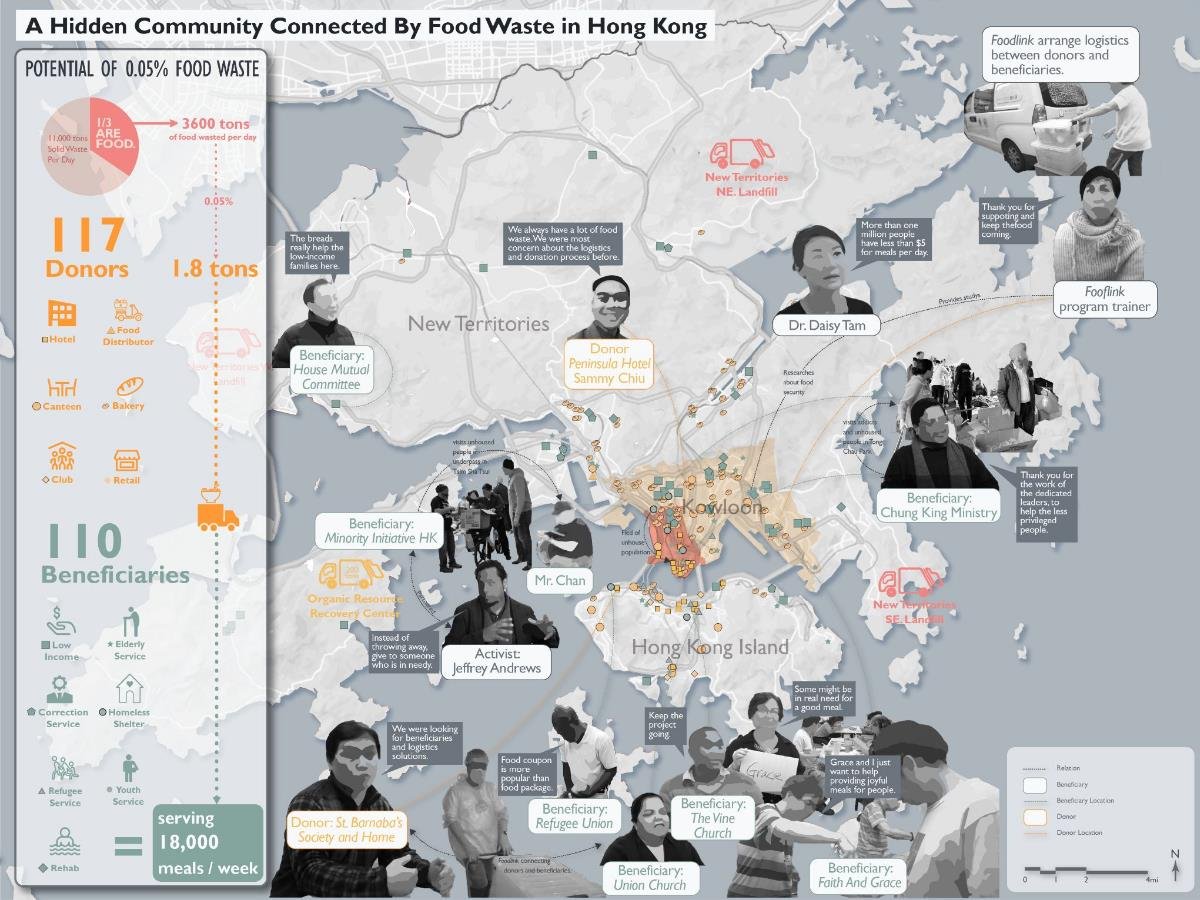
Student Work | Christine So | HomeFood
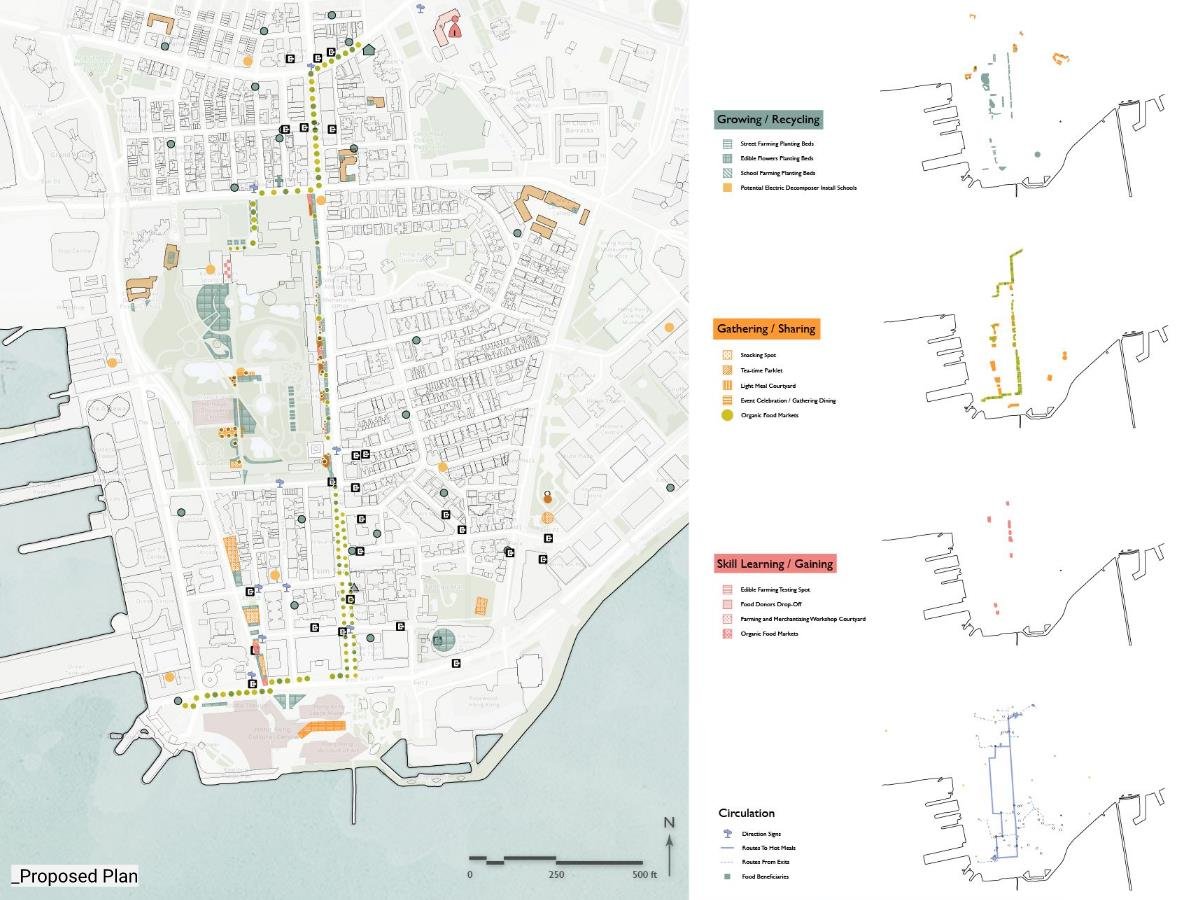
Student Work | Christine So | HomeFood
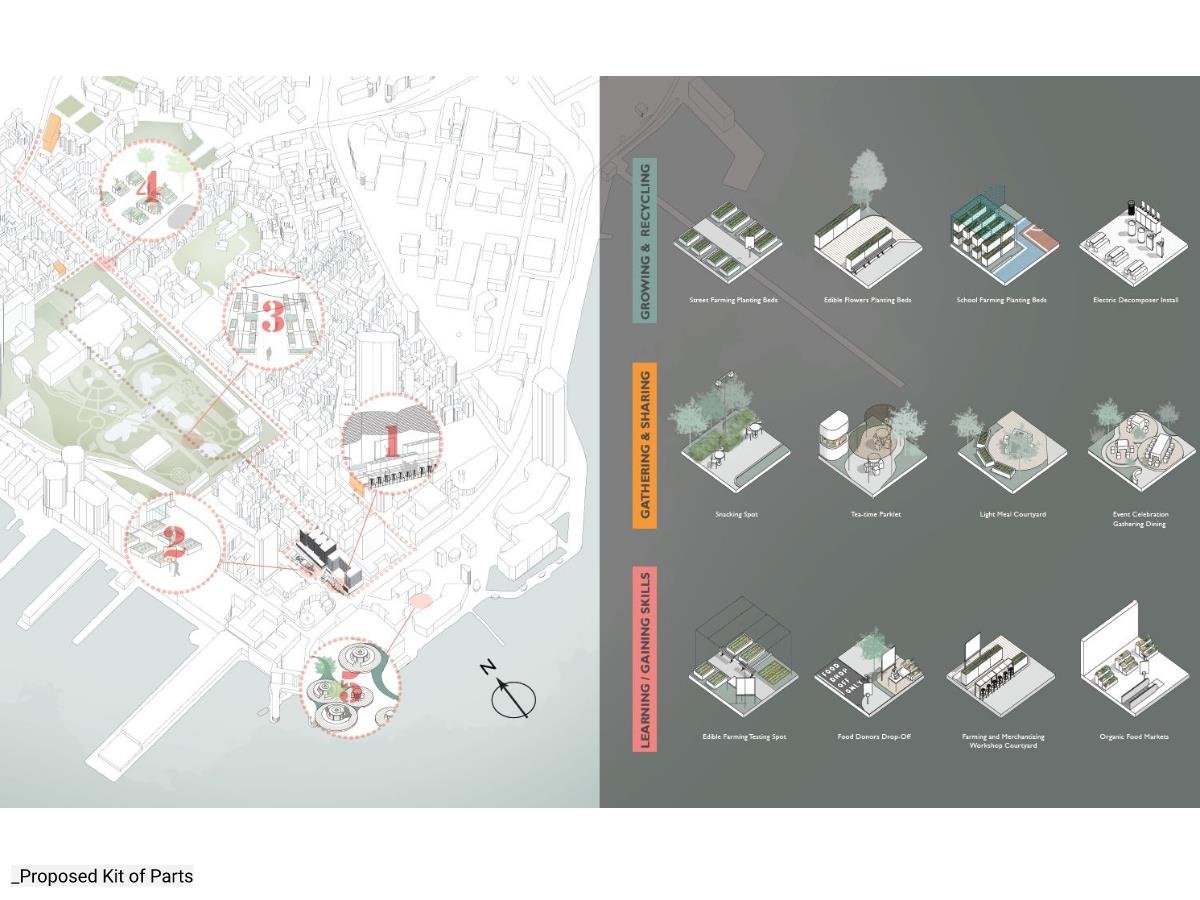
Student Work | Christine So | HomeFood
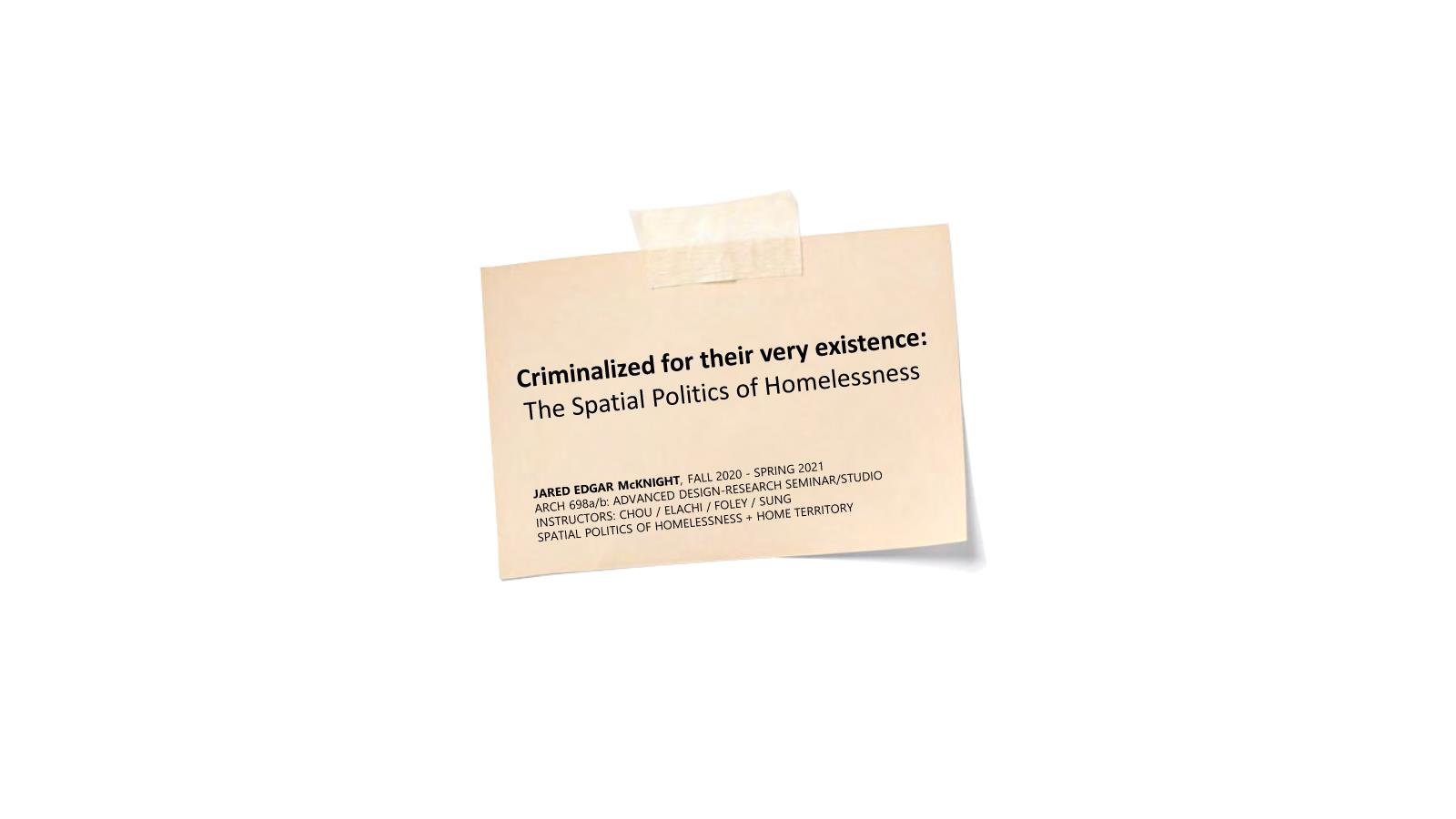
Student Work | Jared McKnight
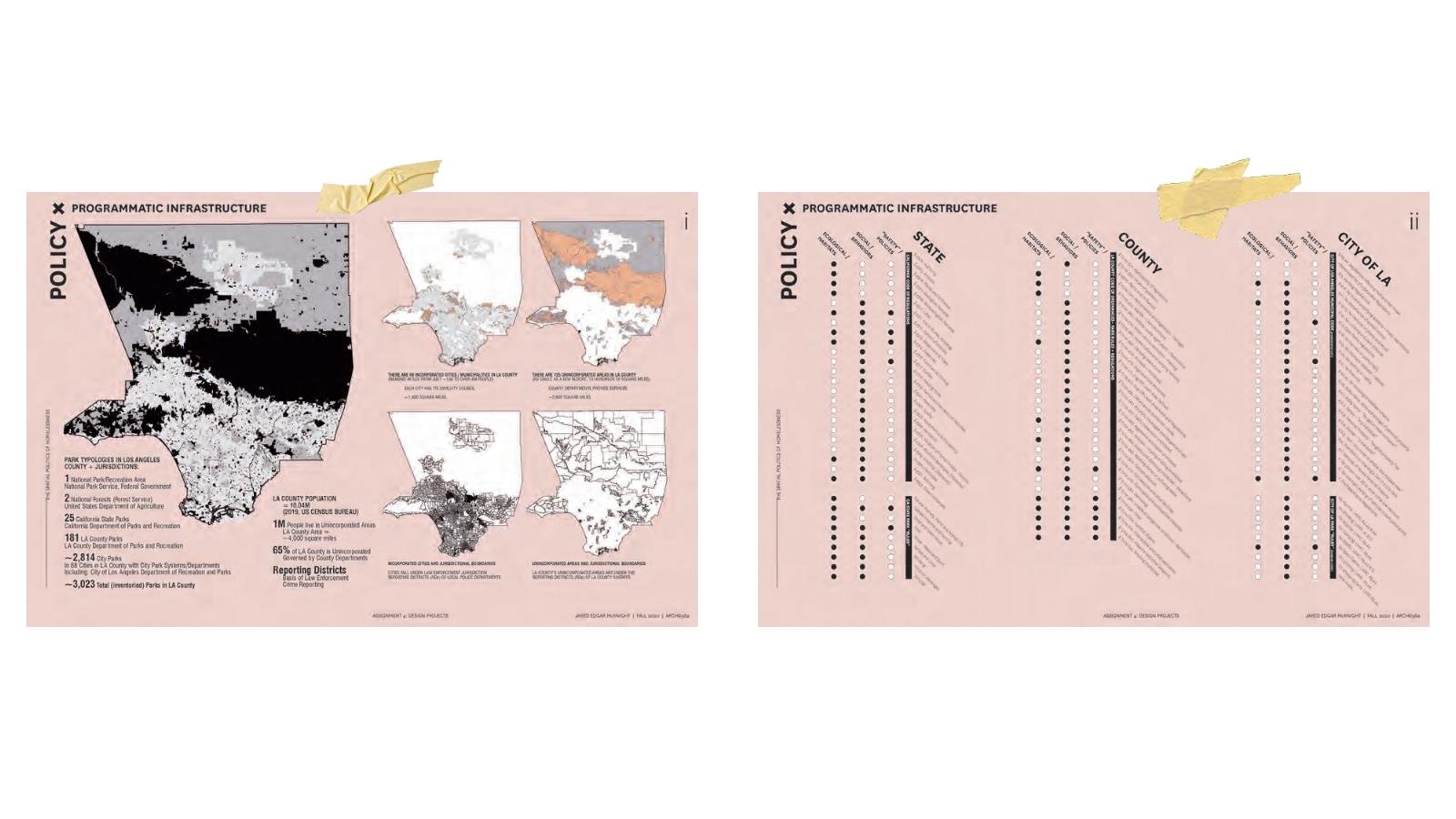
Student Work | Jared McKnight
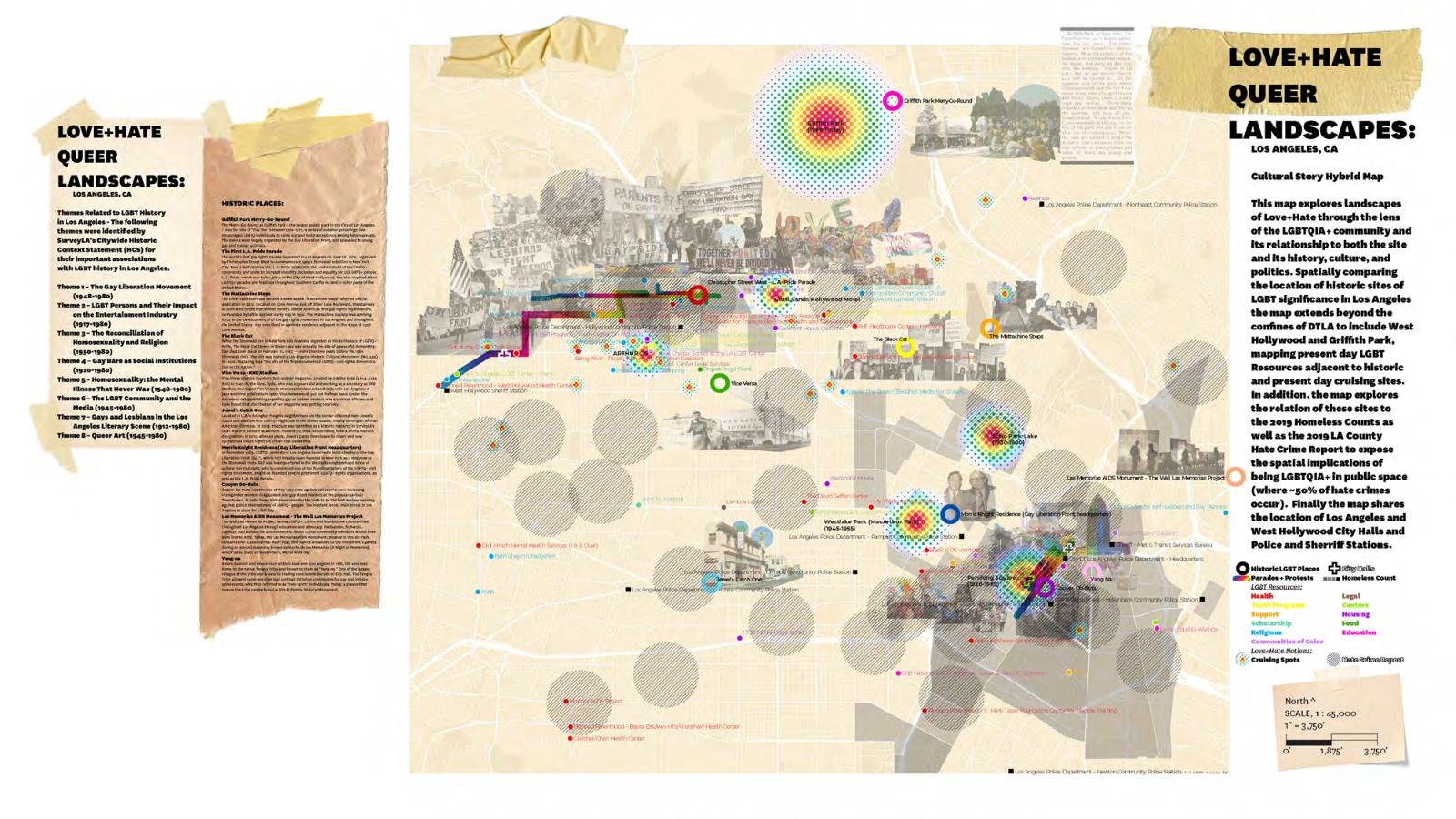
Student Work | Jared McKnight
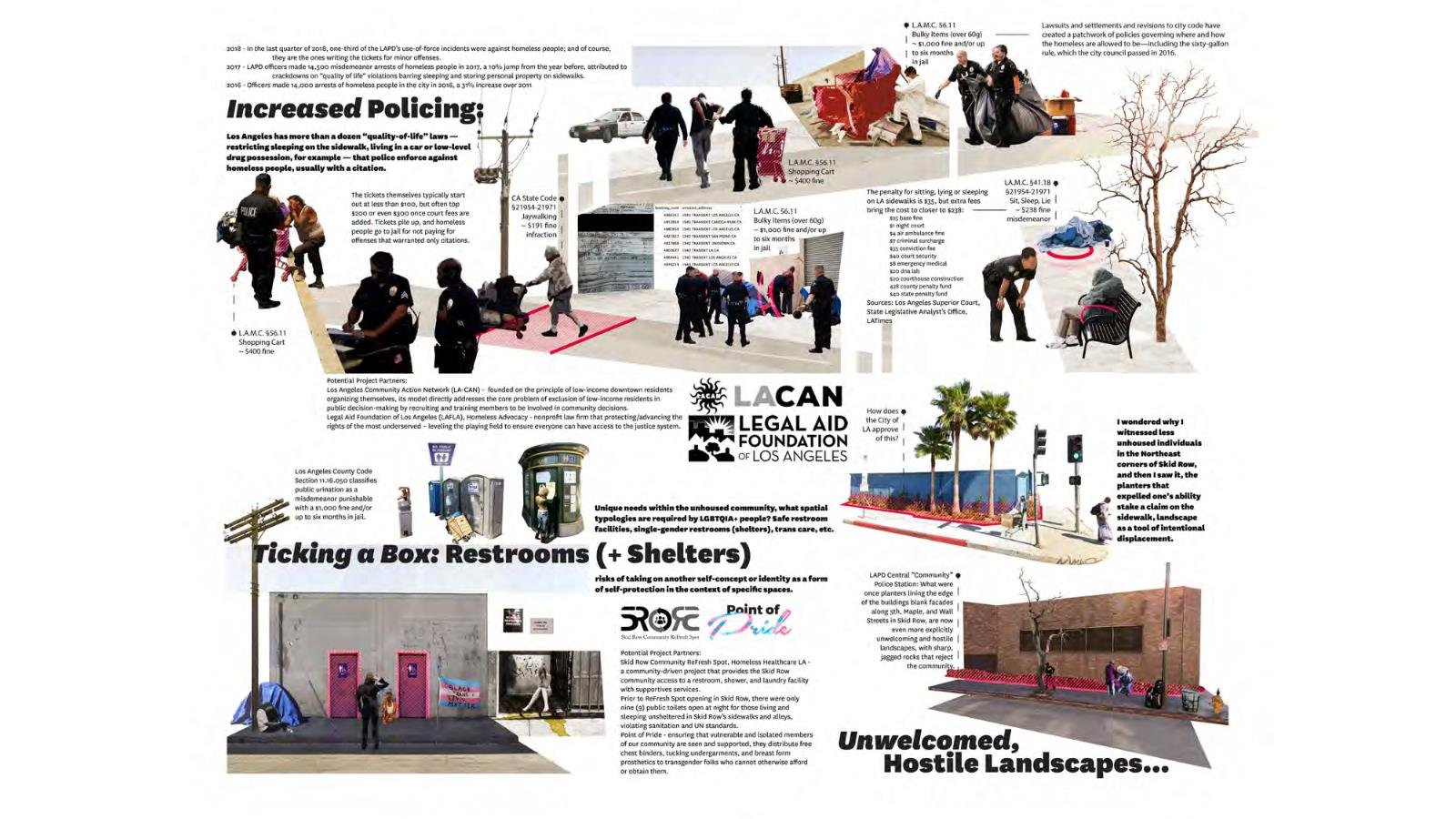
Student Work | Jared McKnight
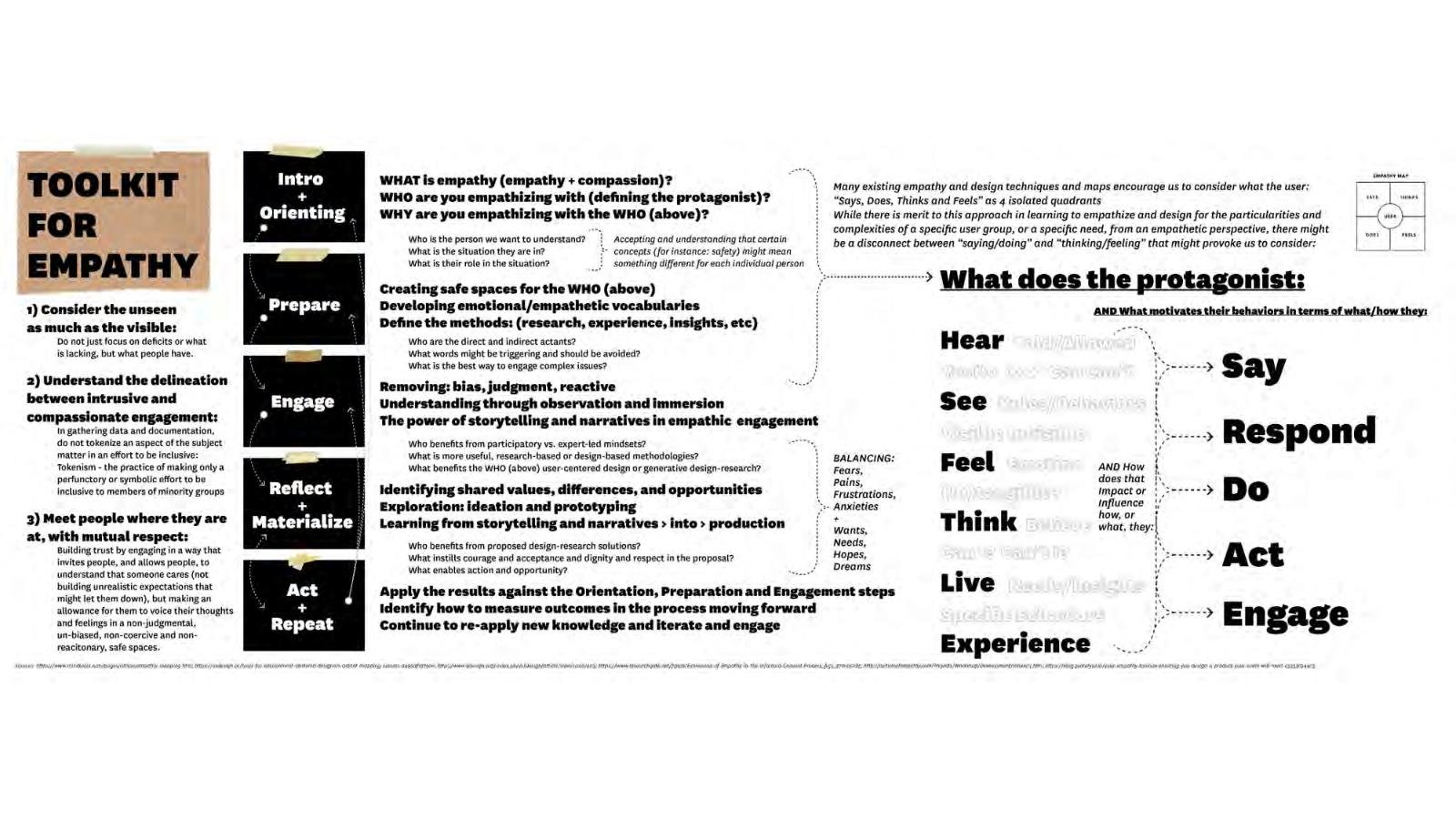
Student Work | Jared McKnight
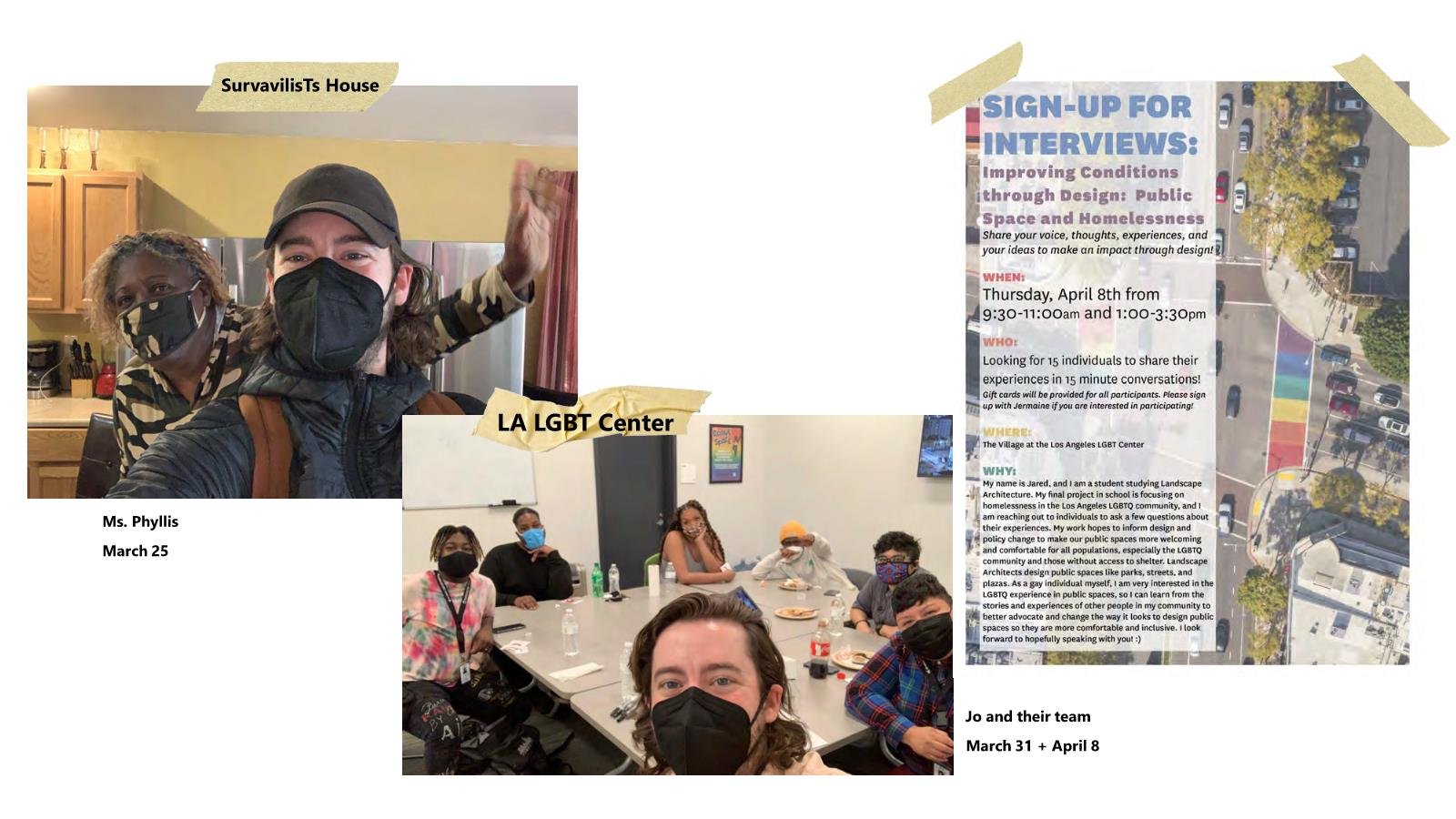
Student Work | Jared McKnight

Student Work | Jared McKnight
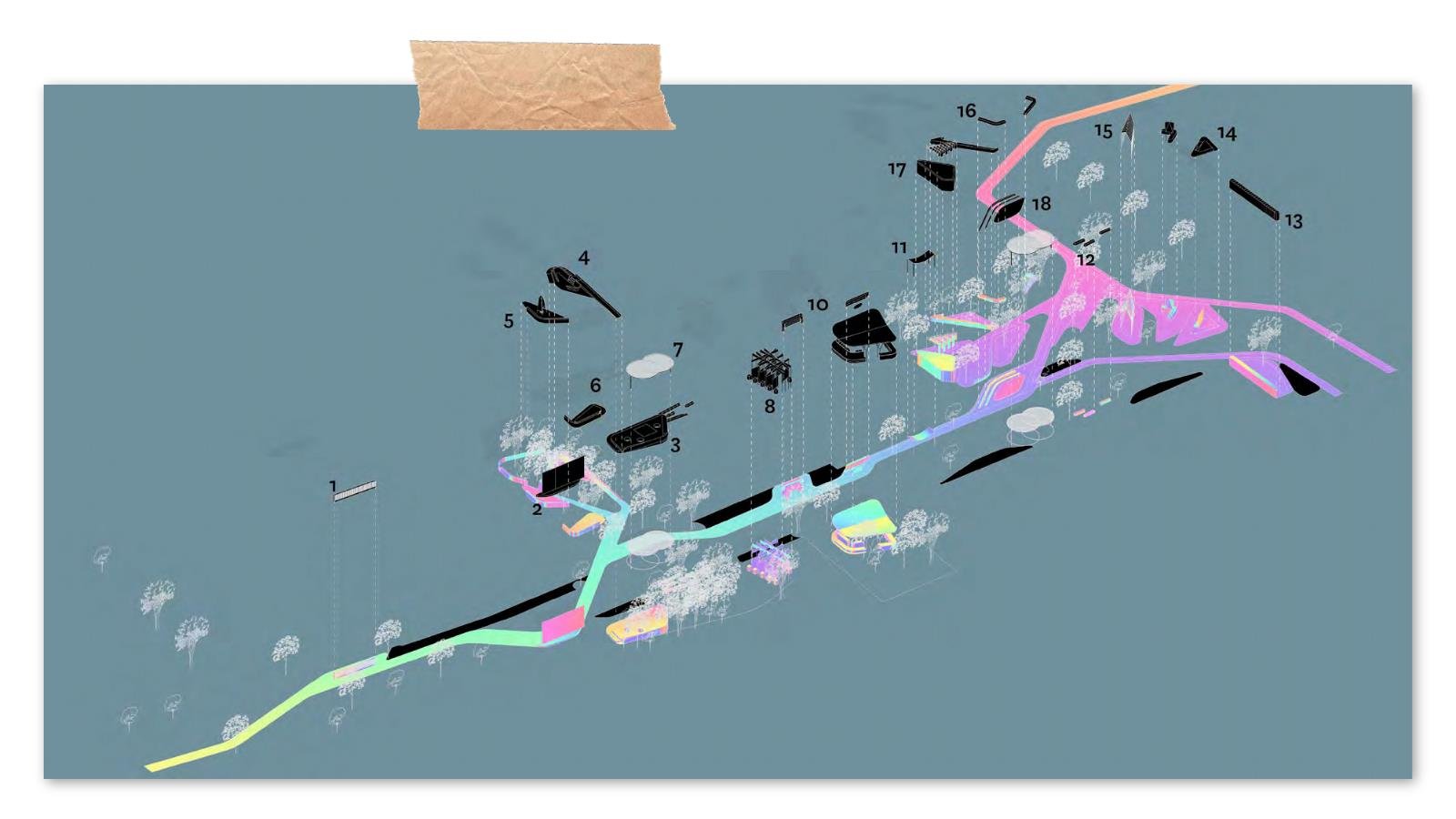
Student Work | Jared McKnight
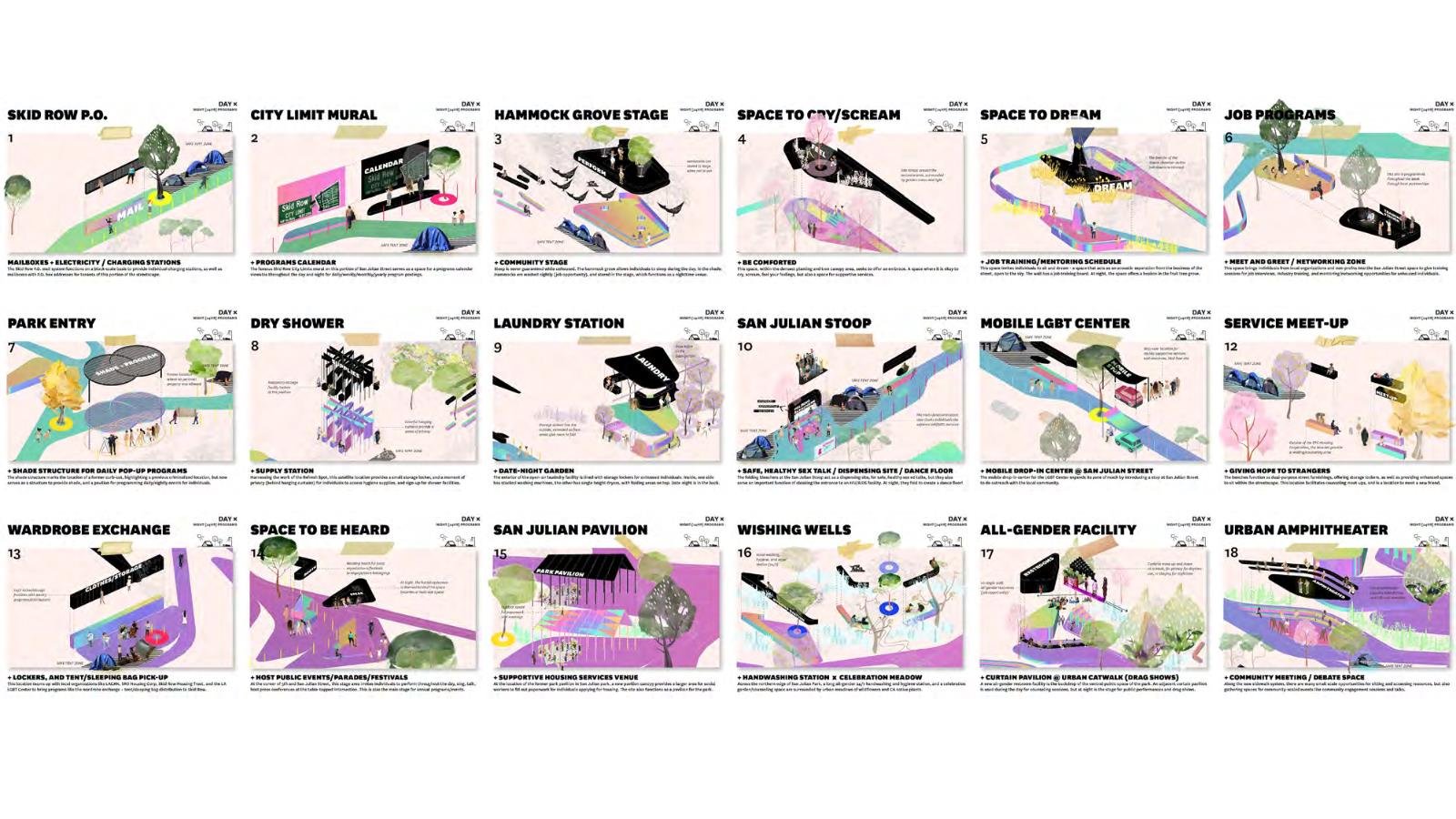
Student Work | Jared McKnight
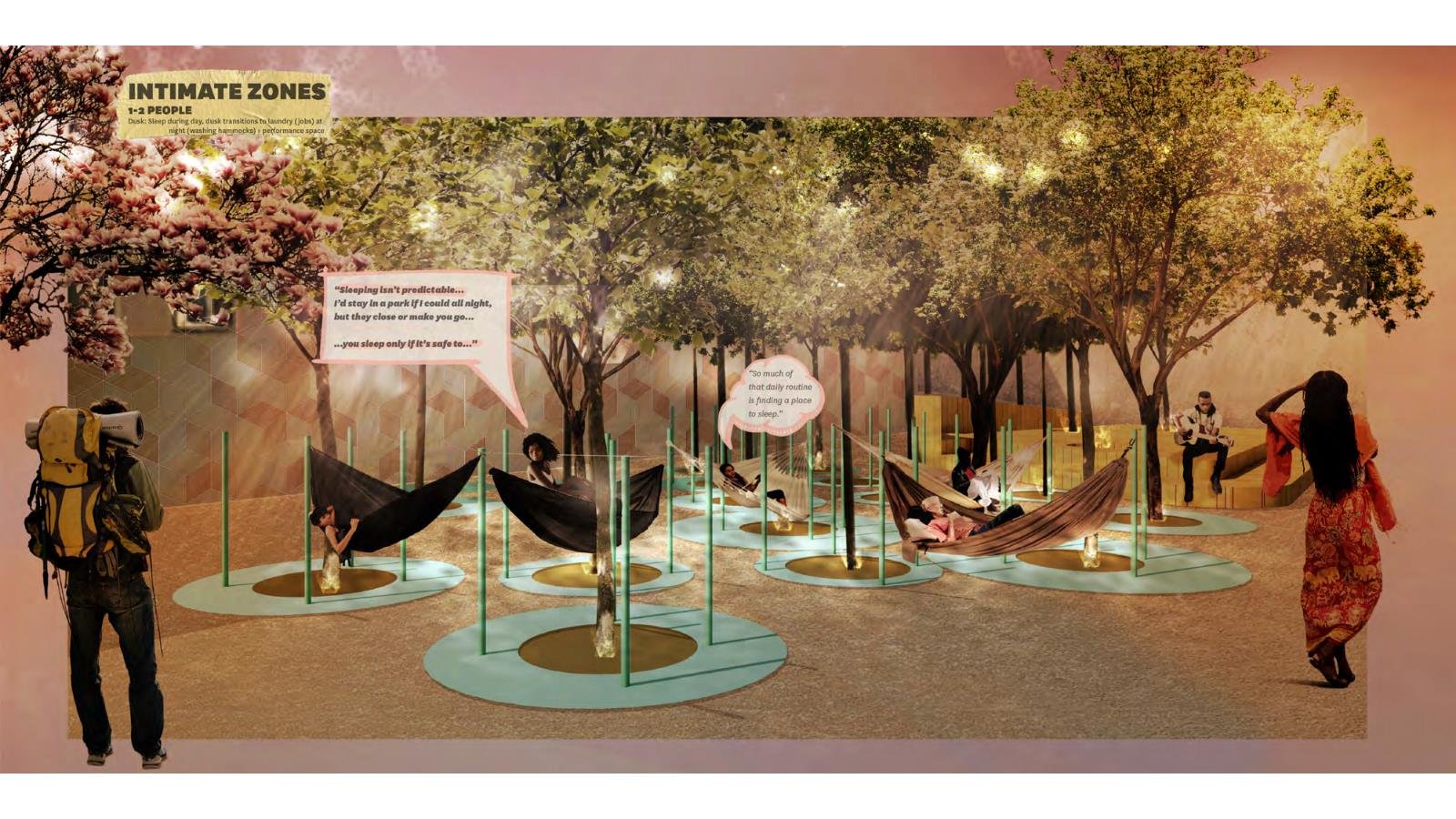
Student Work | Jared McKnight
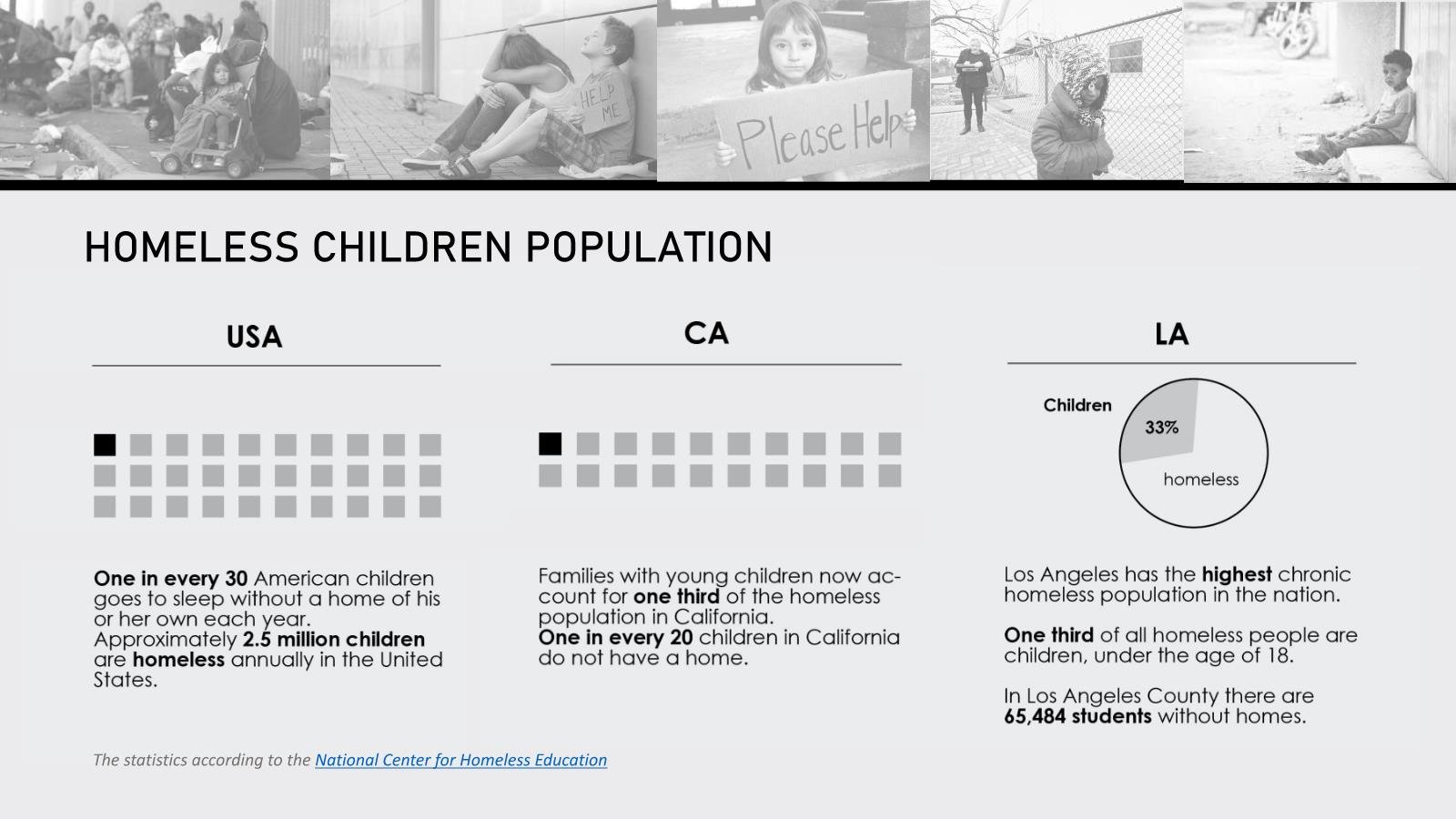
Student Work | Wanting Zhou

Student Work | Wanting Zhou

Student Work | Wanting Zhou

Student Work | Wanting Zhou
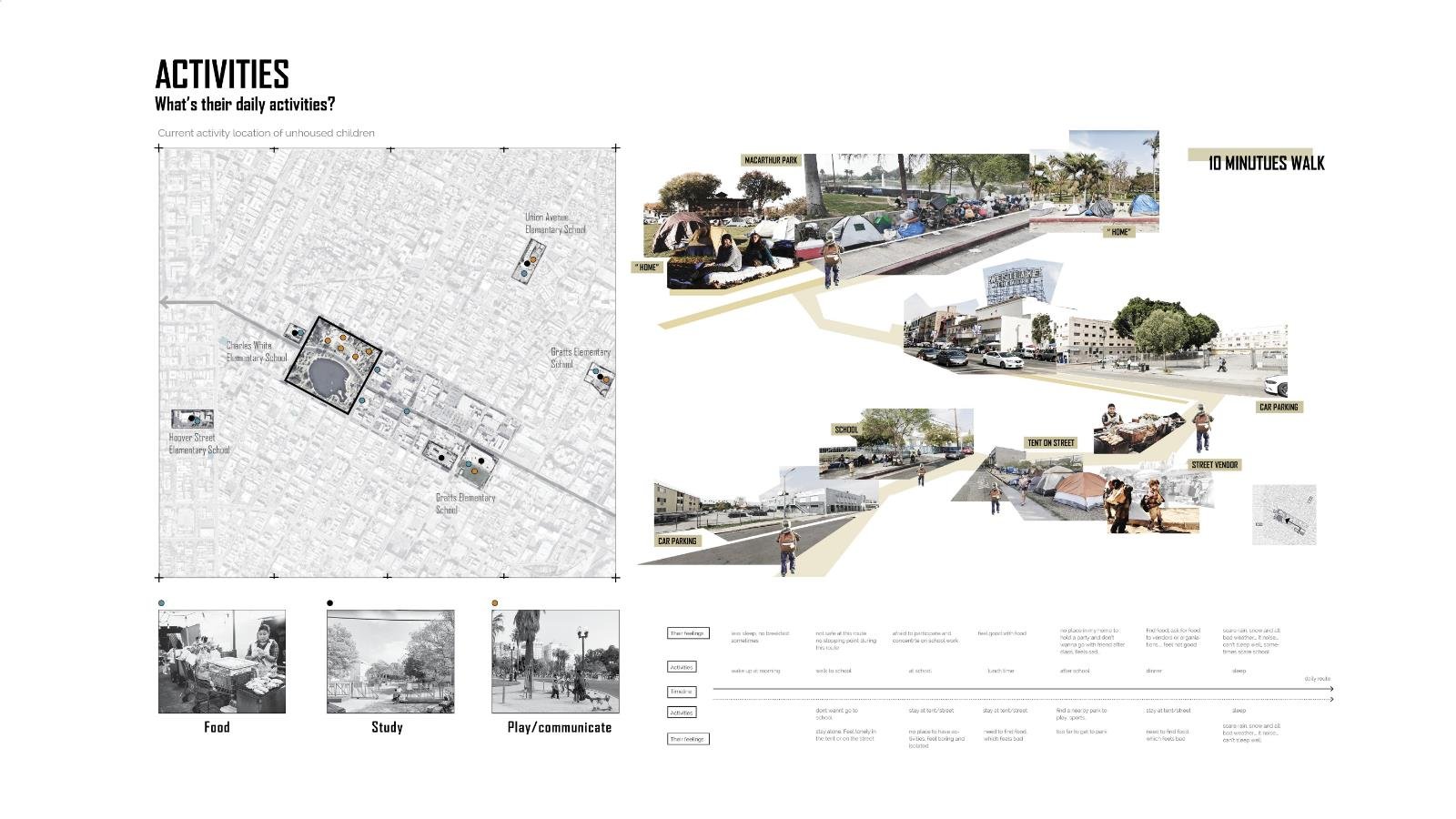
Student Work | Wanting Zhou
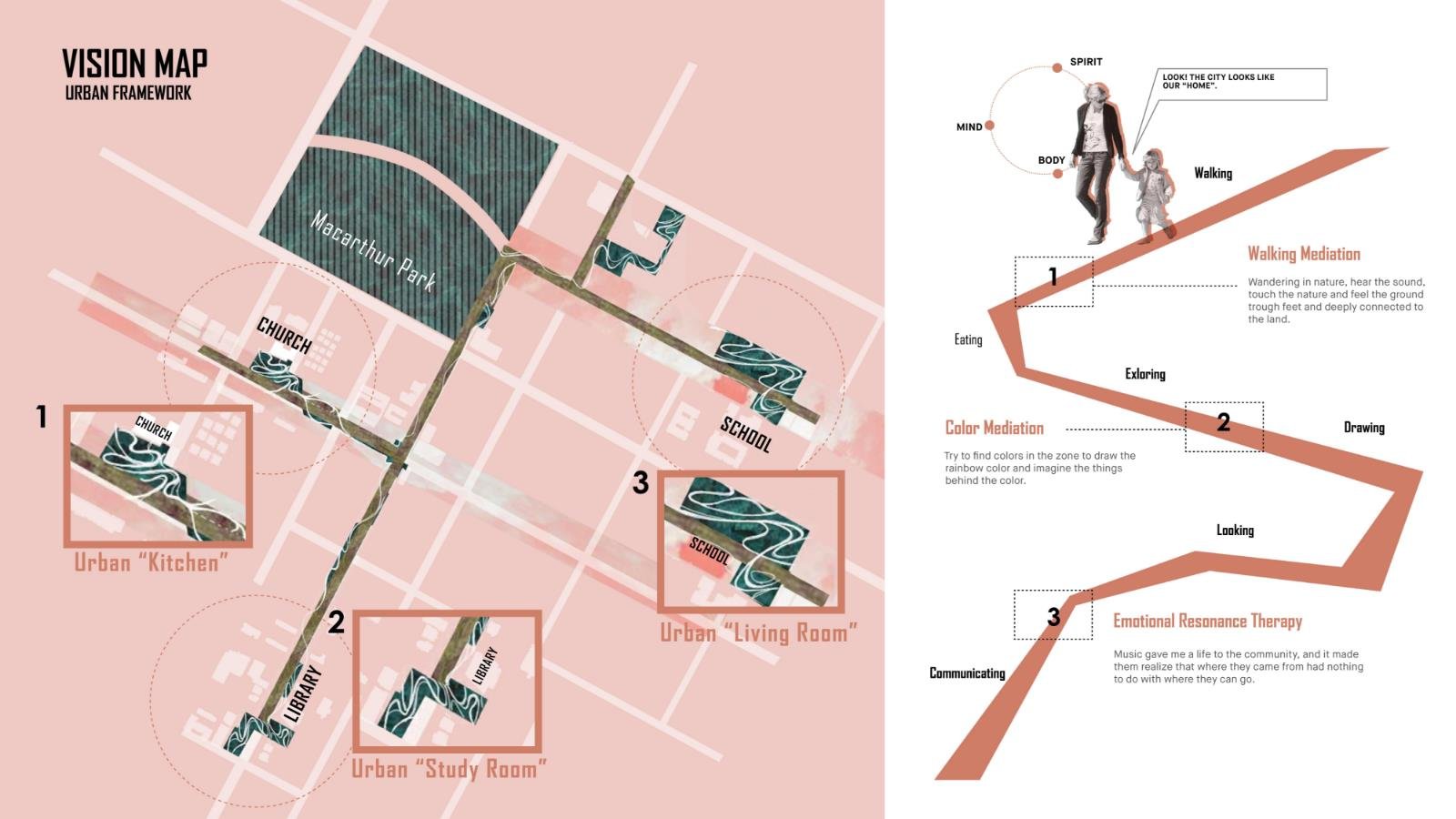
Student Work | Wanting Zhou
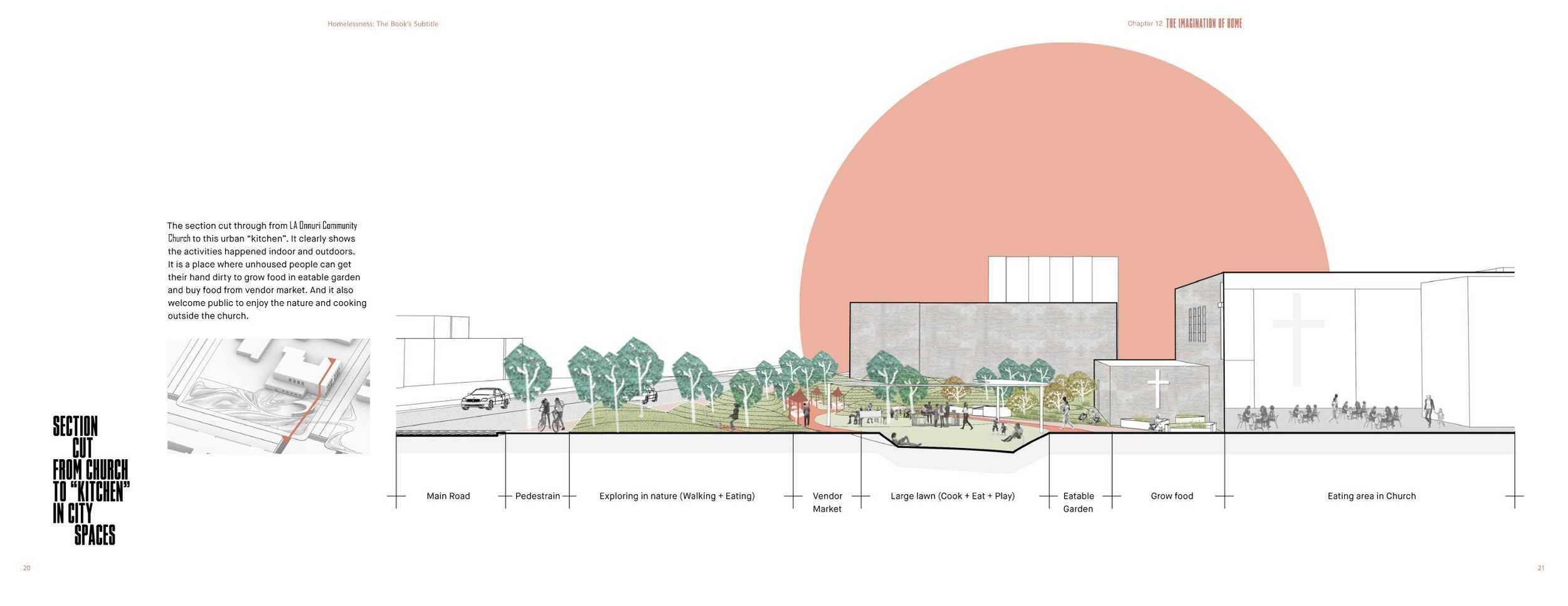
Student Work | Wanting Zhou
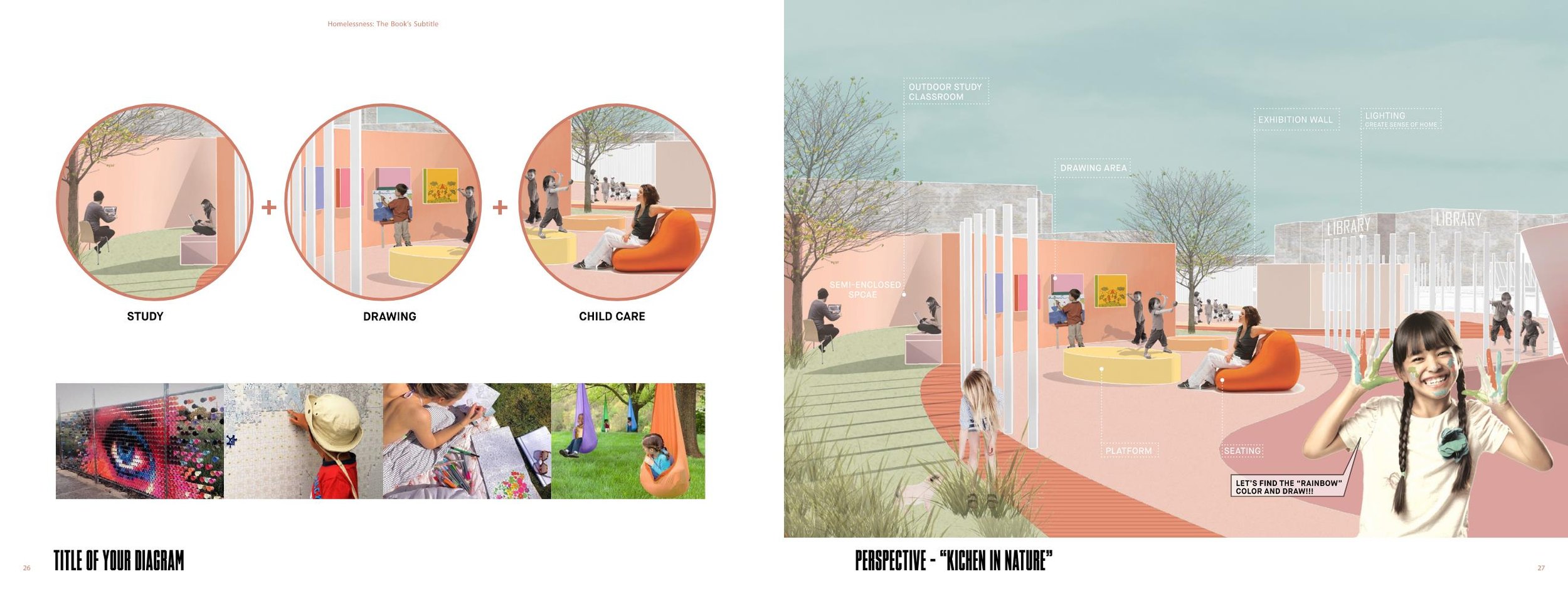
Student Work | Wanting Zhou
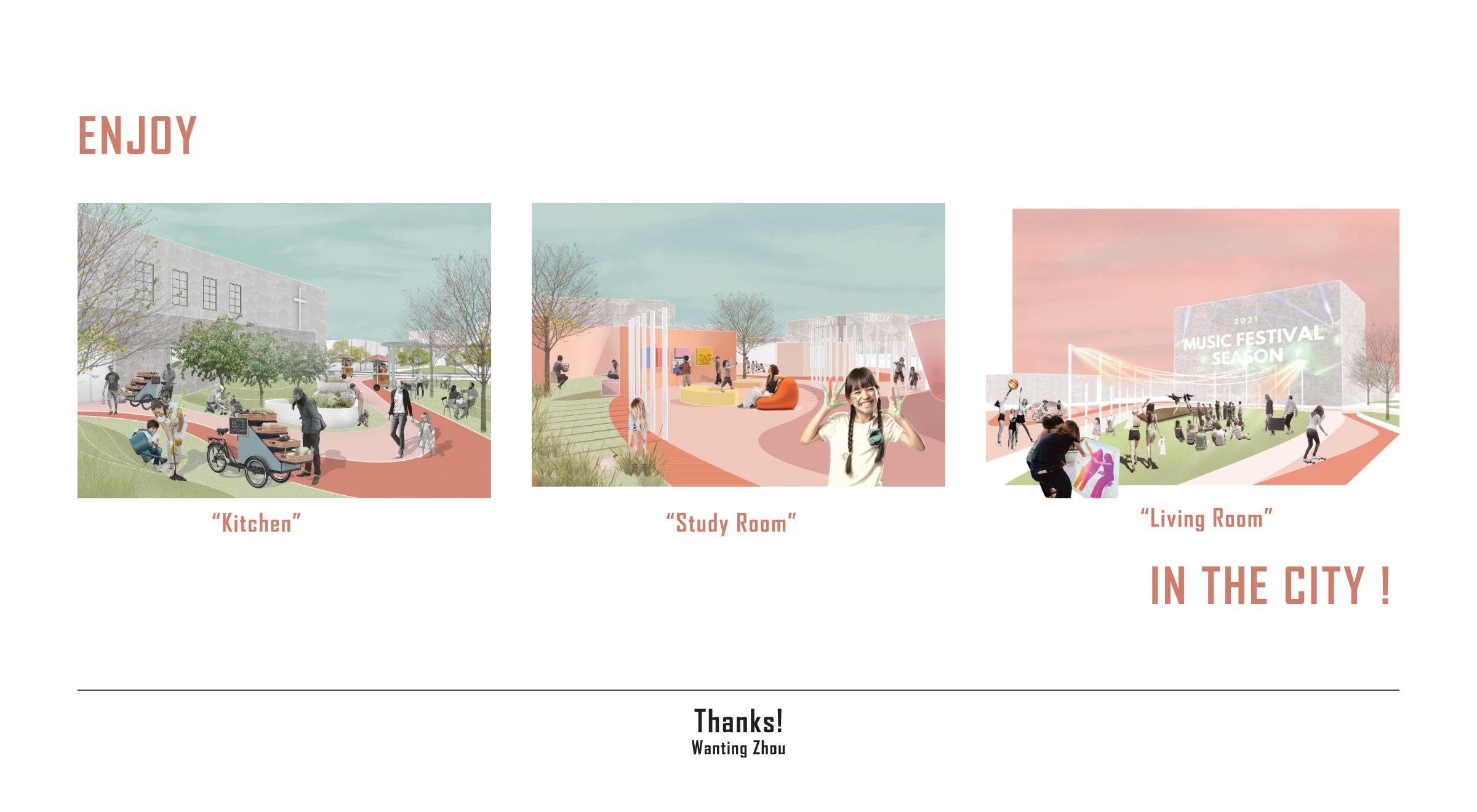
Student Work | Wanting Zhou
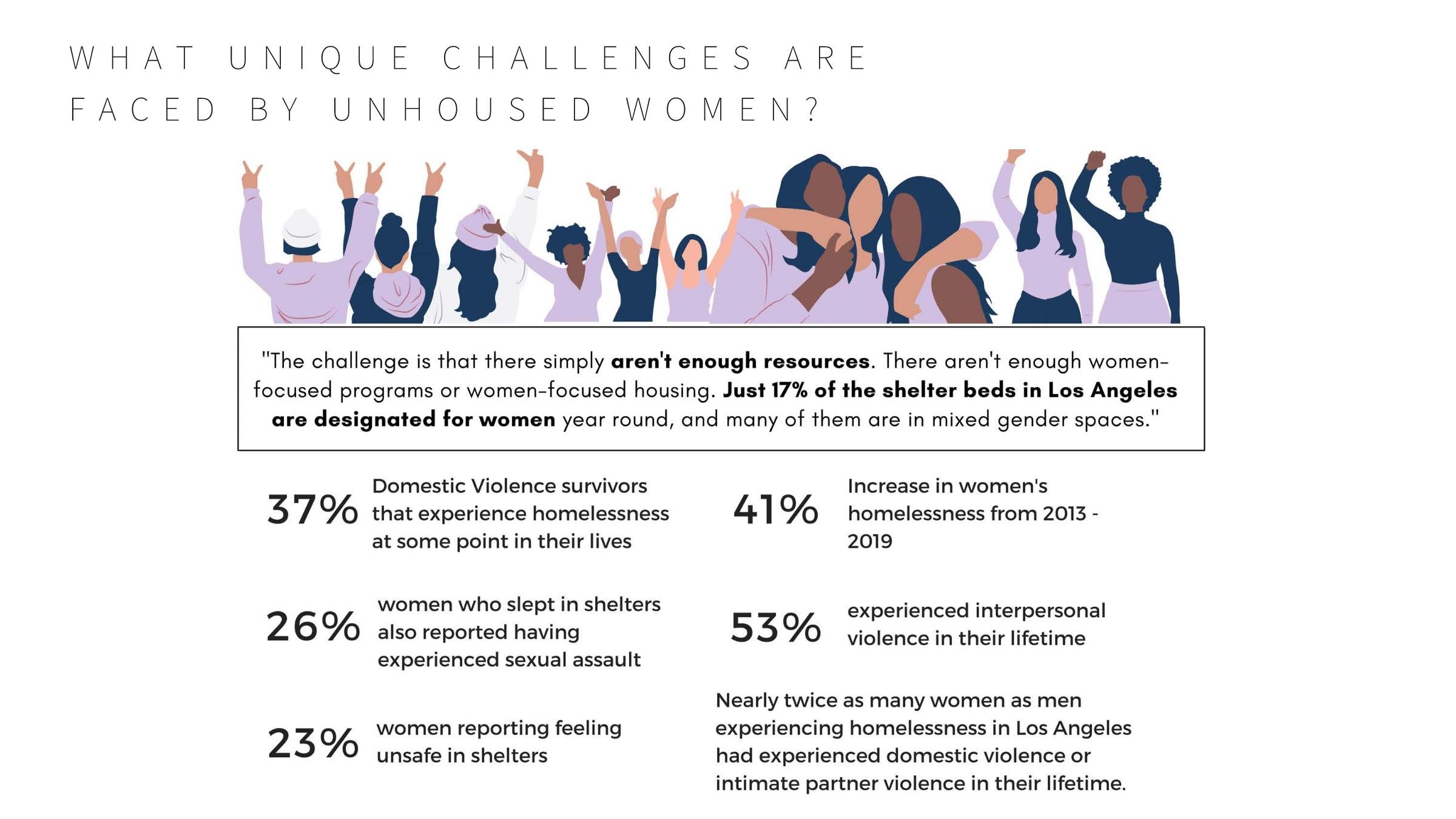
Student Work | Megan Gozino

Student Work | Megan Gozino
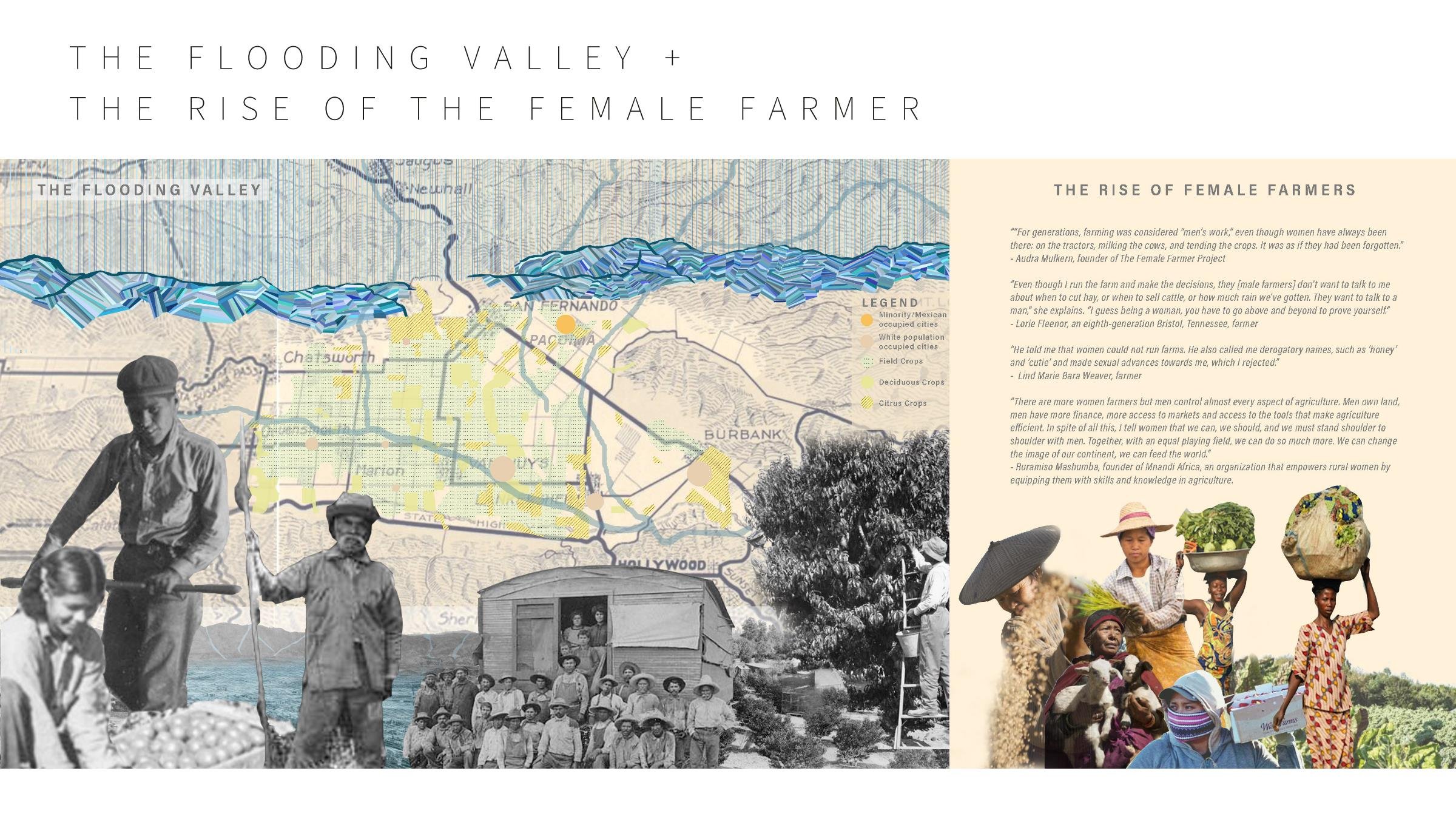
Student Work | Megan Gozino
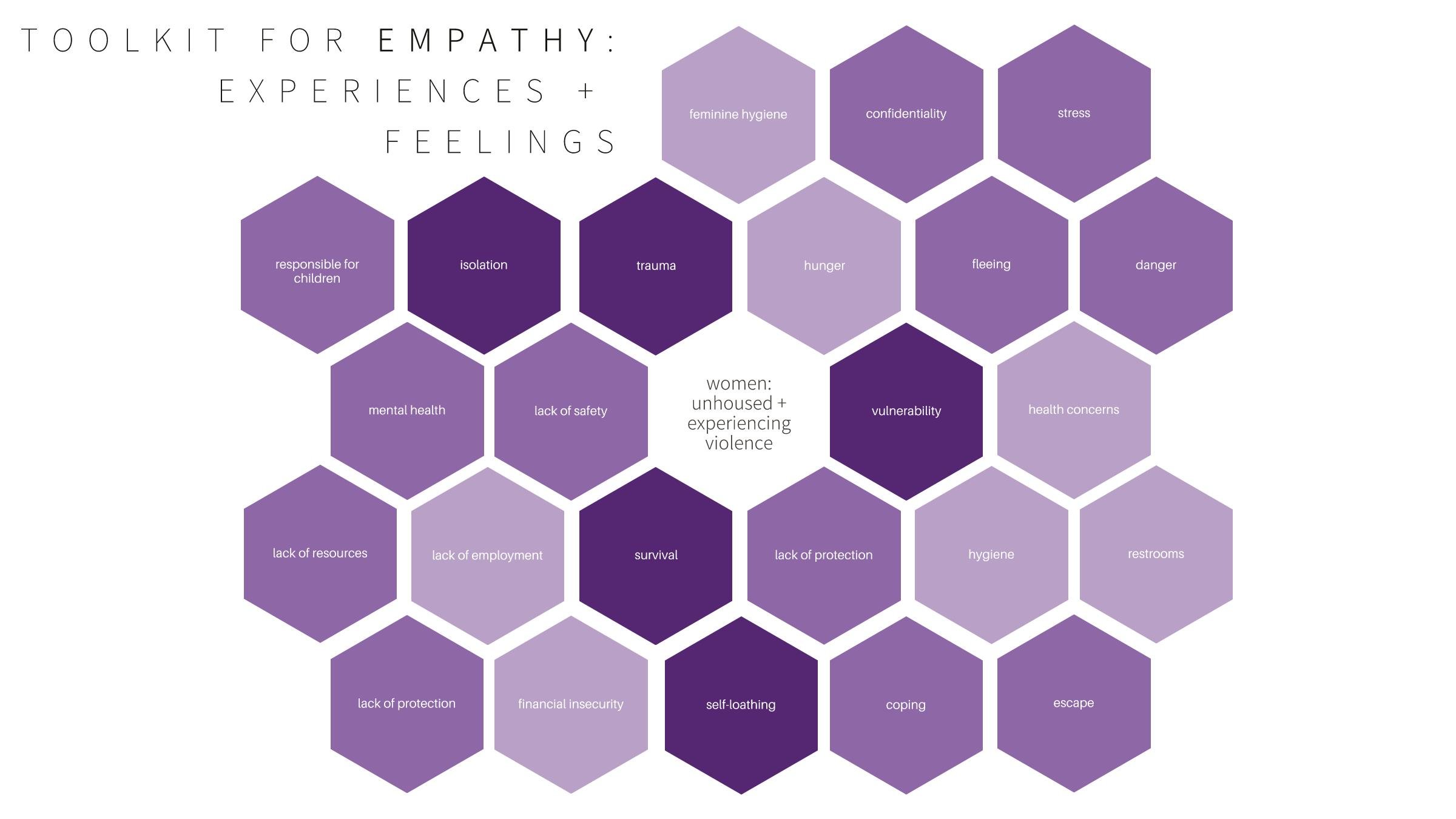
Student Work | Megan Gozino
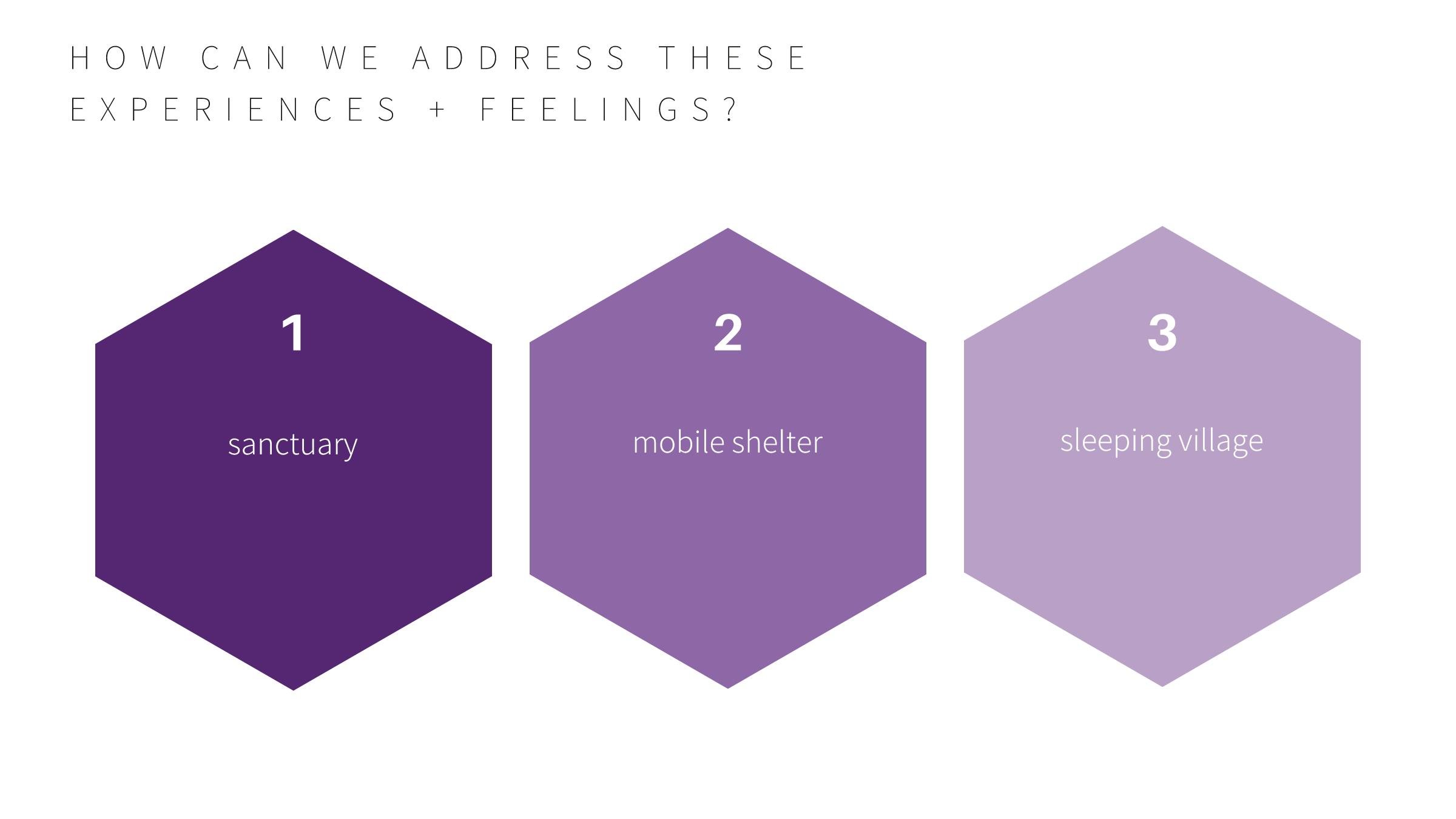
Student Work | Megan Gozino

Student Work | Megan Gozino
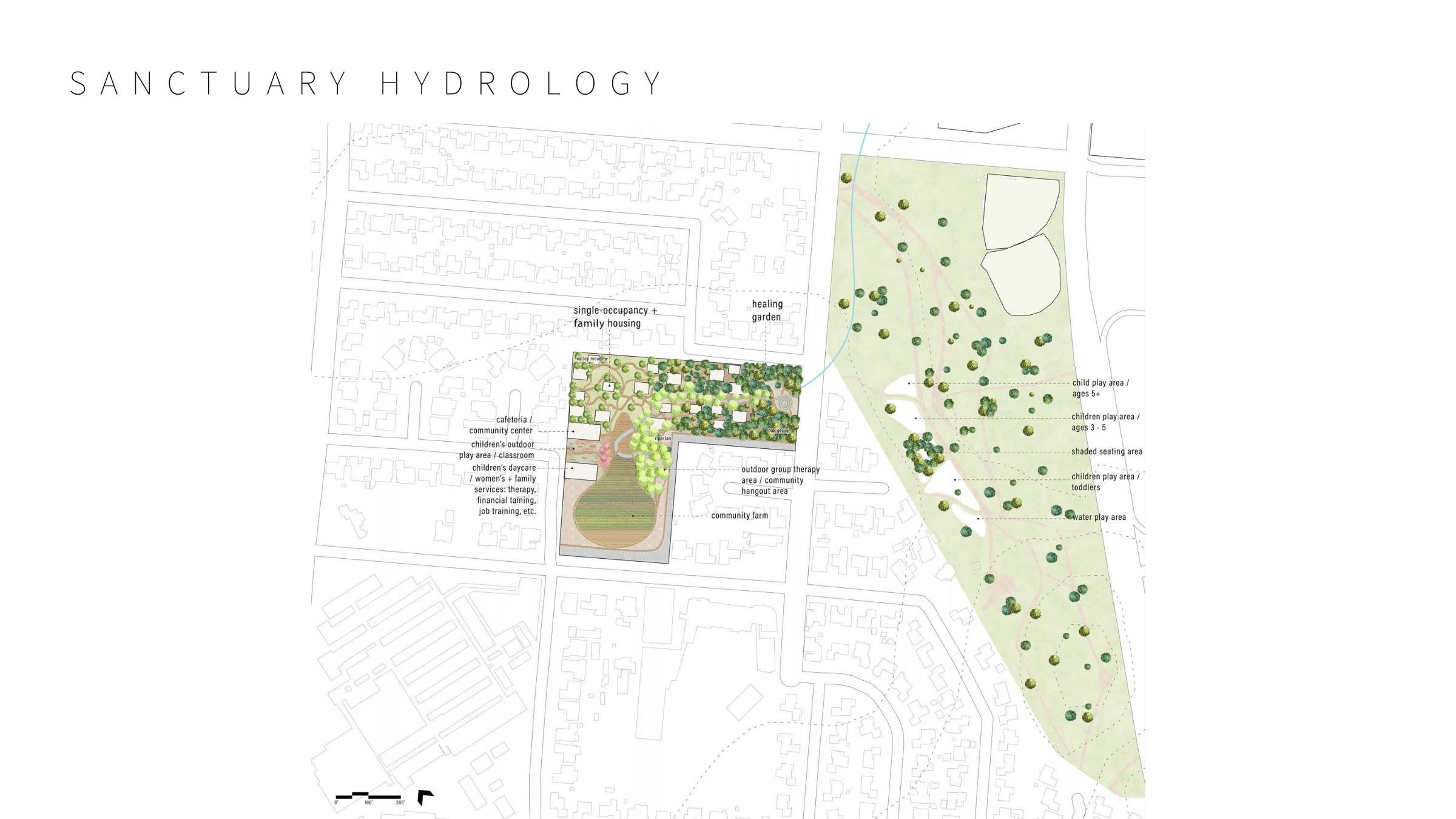
Student Work | Megan Gozino

Student Work | Megan Gozino
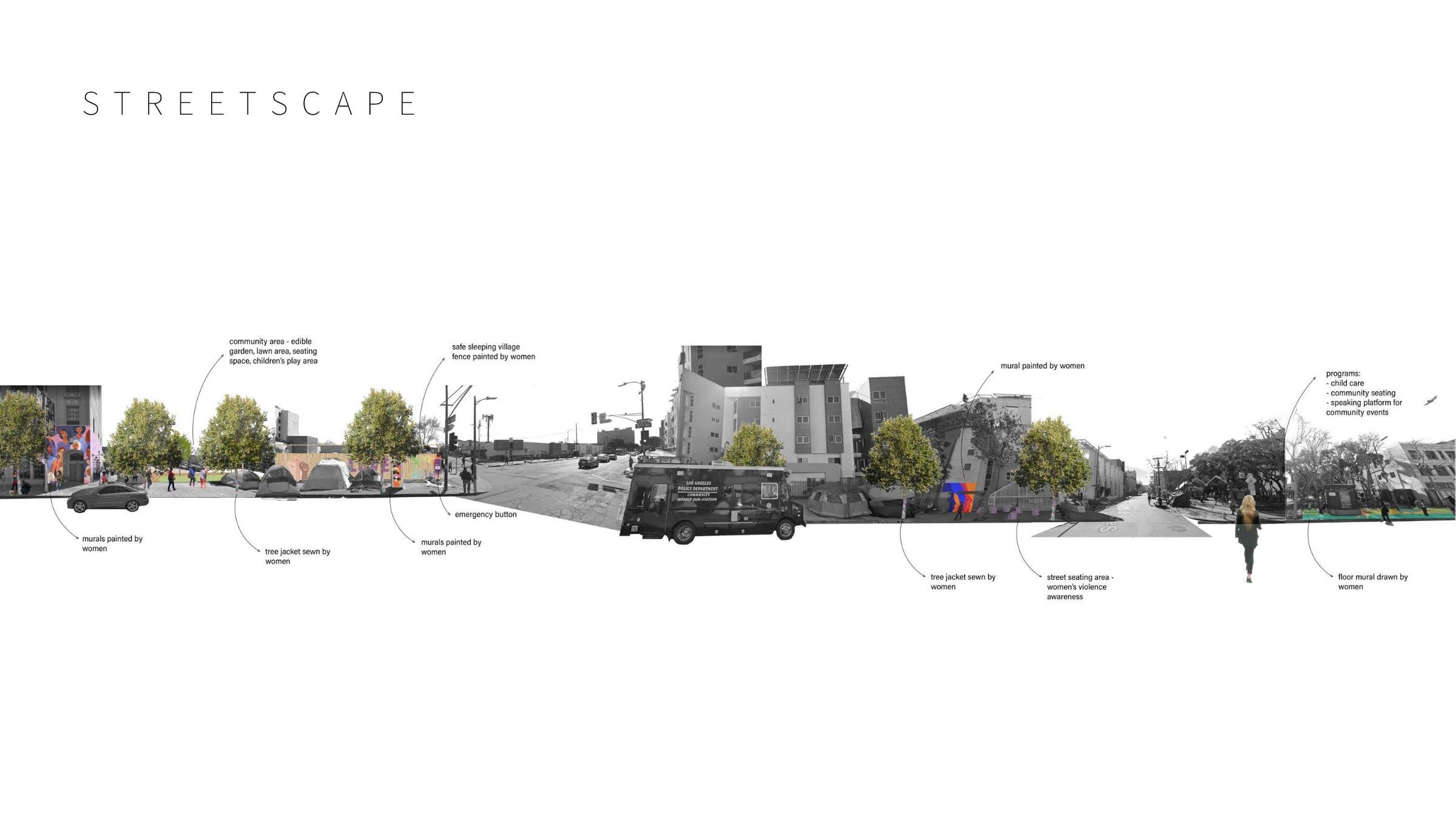
Student Work | Megan Gozino
CULTURAL LANDSCAPES OF EAST LOS ANGELES
:::
CULTURAL LANDSCAPES OF EAST LOS ANGELES :::
4TH YEAR UNDERGRADUATE STUDIO COURSE
cal poly pomona college of environmental design
Spring 2022 | Co-taught w/ gitanjali khandagle
This research and design studio will focus on designing spaces for an underrepresented Los Angeles community. There will be an emphasis on understanding cultural idiosyncrasies, rituals and traditions. Students will leverage and reference existing work and research already done by local organizations to analyze existing cultural practices and community spaces with a critical, imaginative, and empathetic eye in order to propose alternate ways that landscape can accommodate a diversity of users.
Students will explore the implications of scale while designing. Zooming in might mean understanding a meal. Zooming out might mean mapping languages. How does cultural identity manifest in a landscape? How do we amplify a community through design? We will work as artists, activists, advocates, landscape architects, and urban designers to explore these questions. This course will also bring in reviewers who are activists, artists, and local community leaders to expand our discourse.
Students must commit to a rigorous research and analysis of various cultures within a community. Particular attention must be focused on cultures that are underserved and silenced. Culture is a lived experience. It differentiates one community from another, and anchors it in a history of beliefs and practices that persist and adjust to changing geographies and landscapes. Culture binds people together and is carried through displacement and migration.

Student Work | Brian Covarrubias

Student Work | Brian Covarrubias

Student Work | Brian Covarrubias

Student Work | Brian Covarrubias

Student Work | Brian Covarrubias

Student Work | Brian Covarrubias

Student Work | Brian Covarrubias

Student Work | Brian Covarrubias

Student Work | Brian Covarrubias

Student Work | Brian Covarrubias

Student Work | Brian Covarrubias

Student Work | Brian Covarrubias

Student Work | Brian Covarrubias

Student Work | Brian Covarrubias

Student Work | Brian Covarrubias

Student Work | Junan Yan

Student Work | Junan Yan

Student Work | Junan Yan

Student Work | Junan Yan
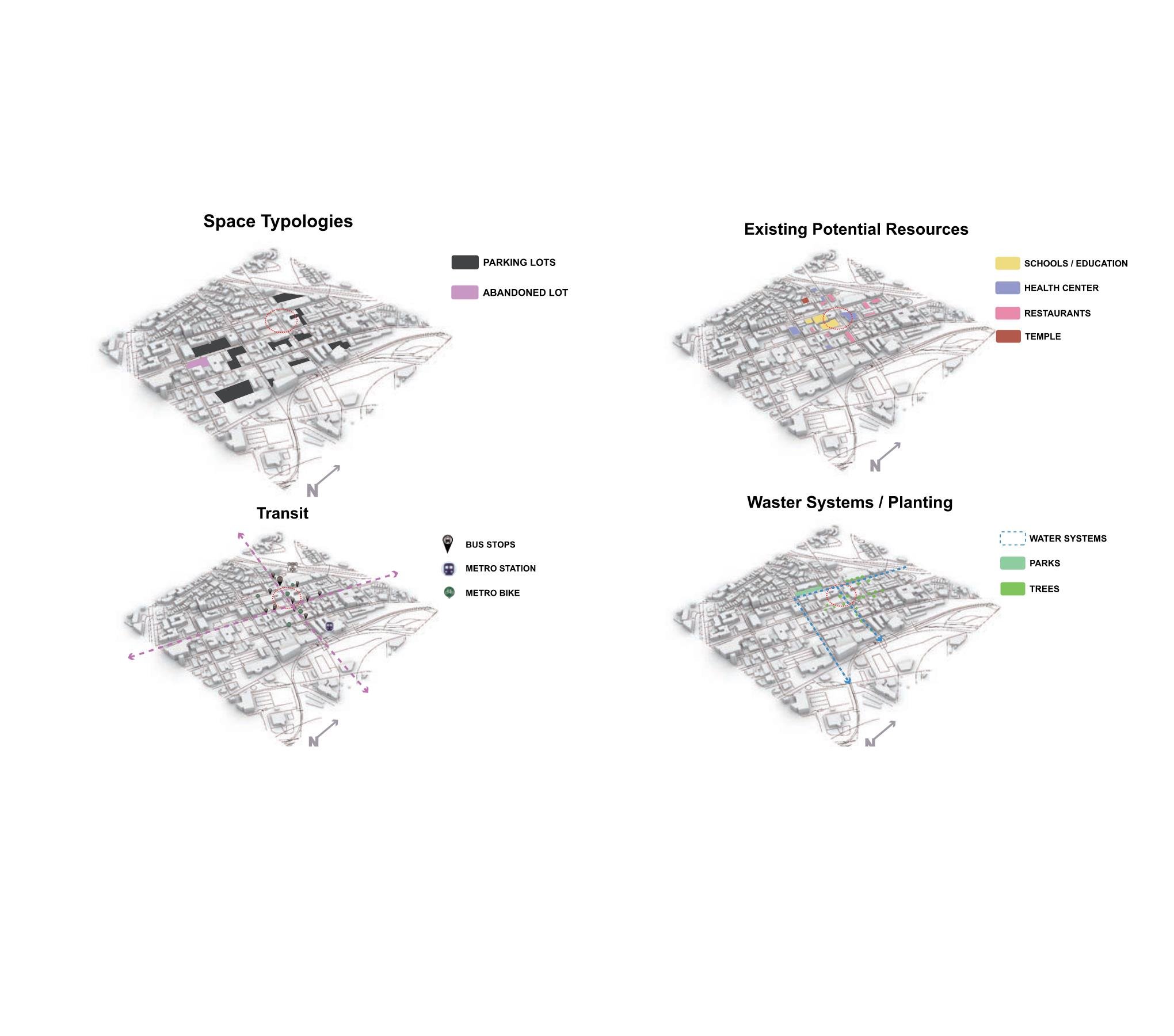
Student Work | Junan Yan
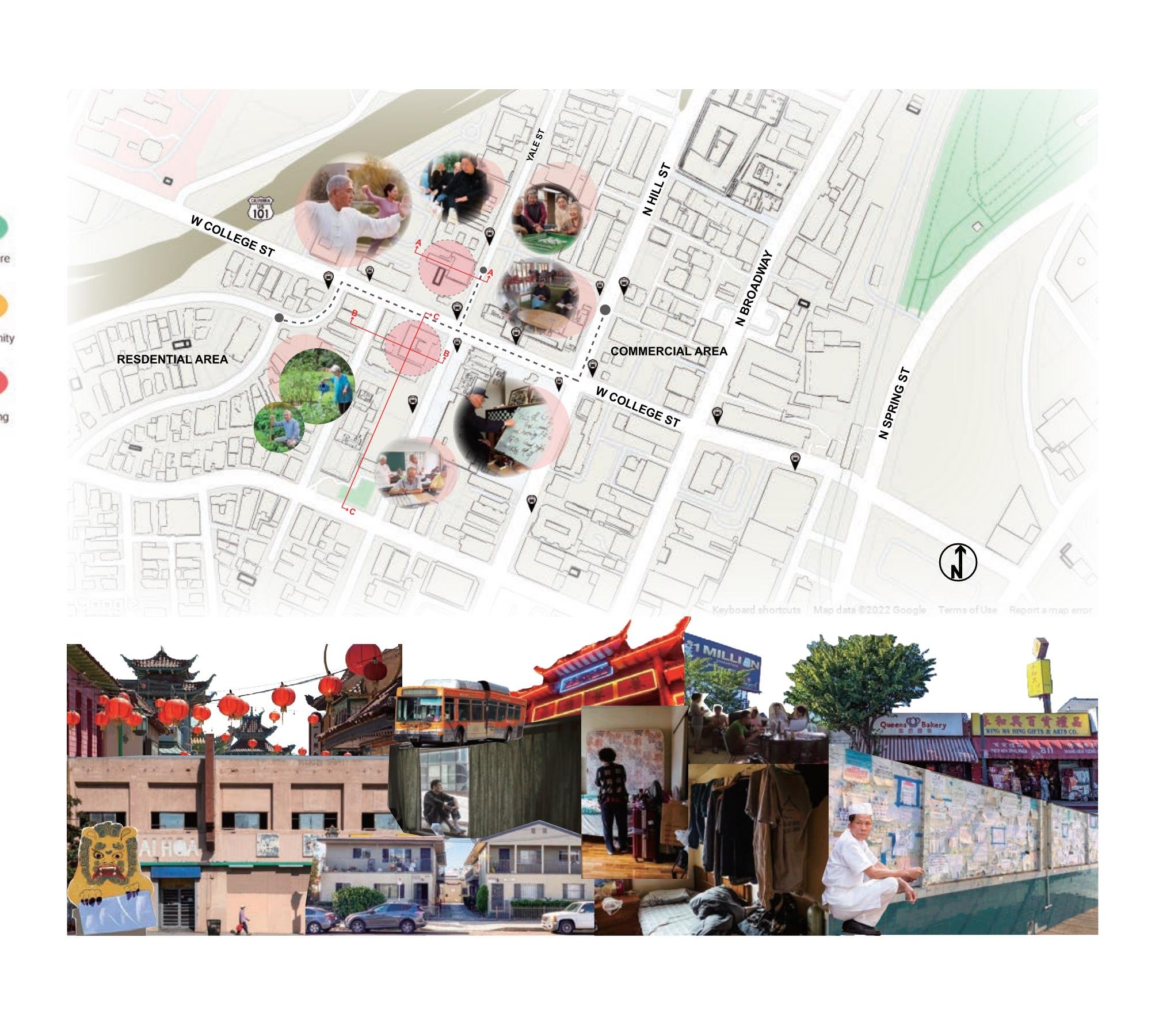
Student Work | Junan Yan

Student Work | Junan Yan

Student Work | Junan Yan
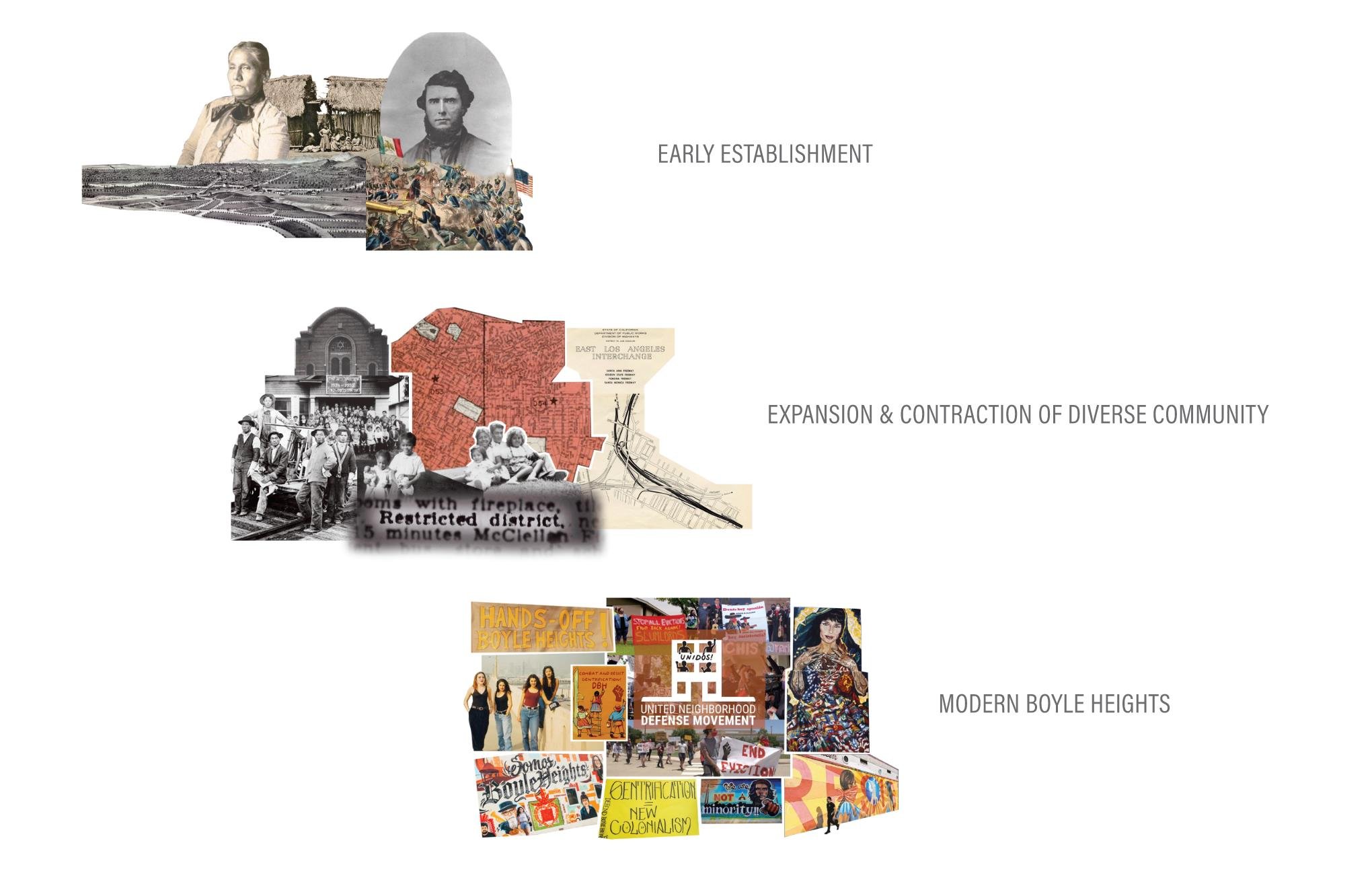
Student Work | Nicholas Froelich
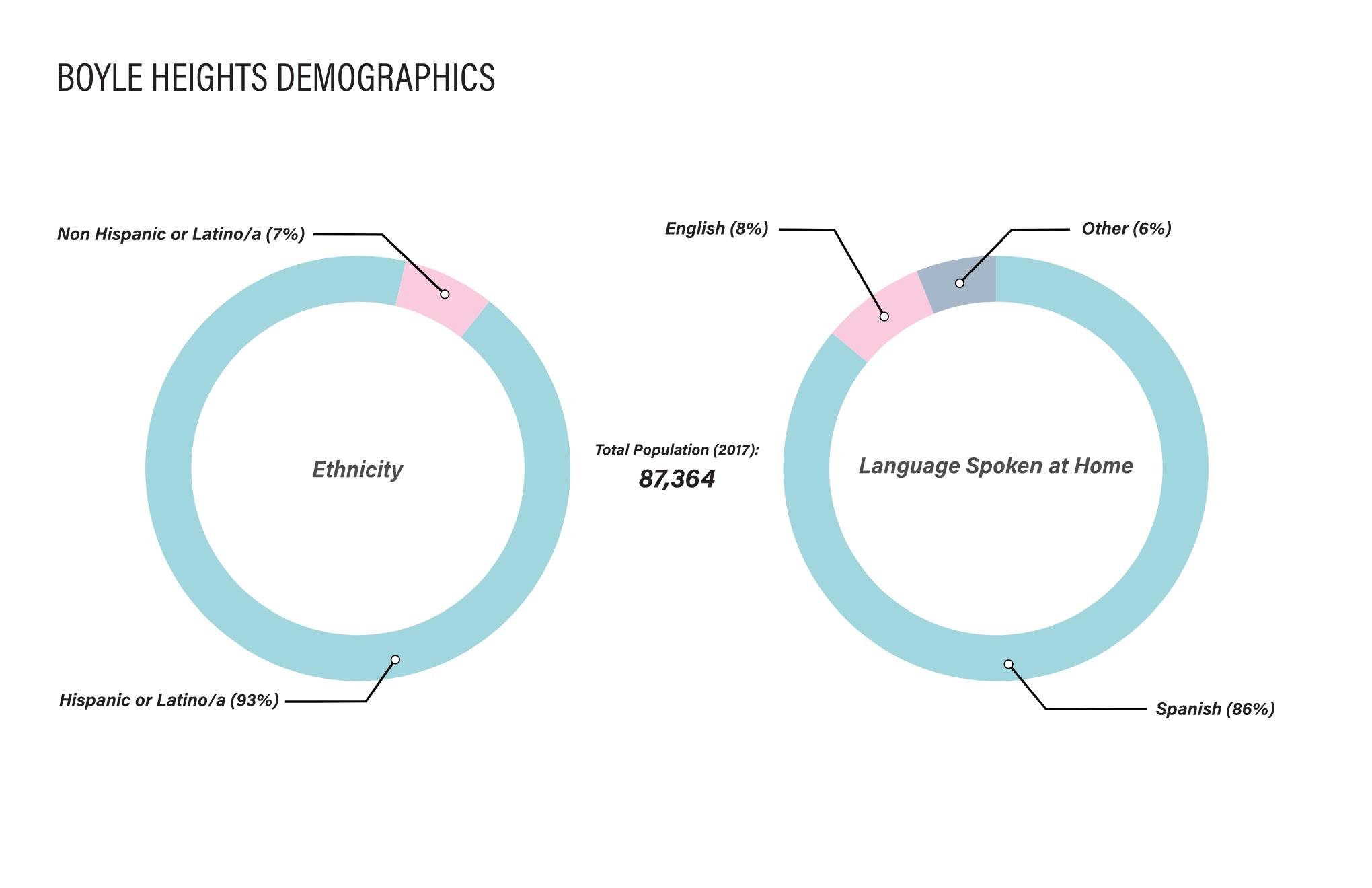
Student Work | Nicholas Froelich
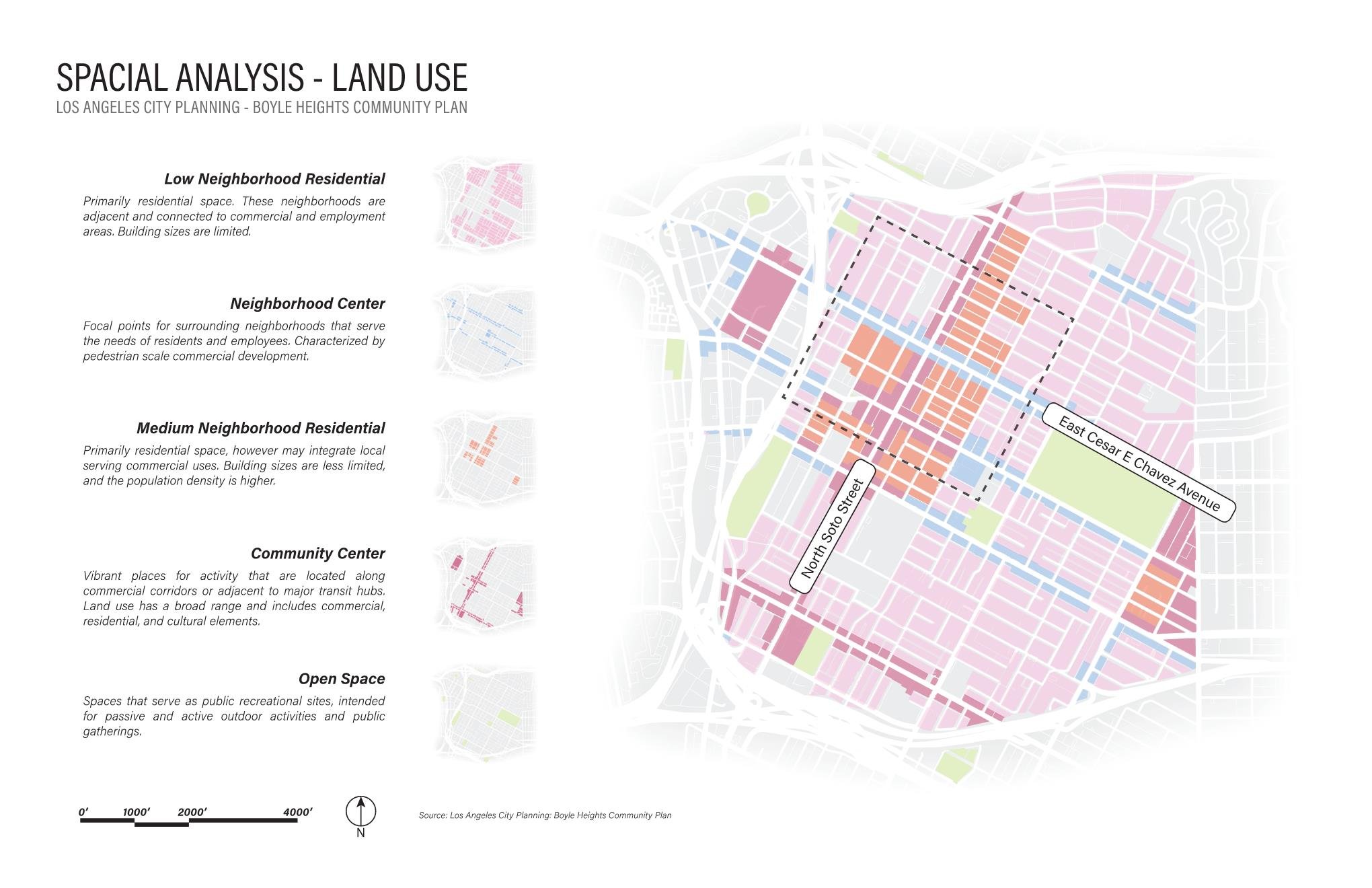
Student Work | Nicholas Froelich
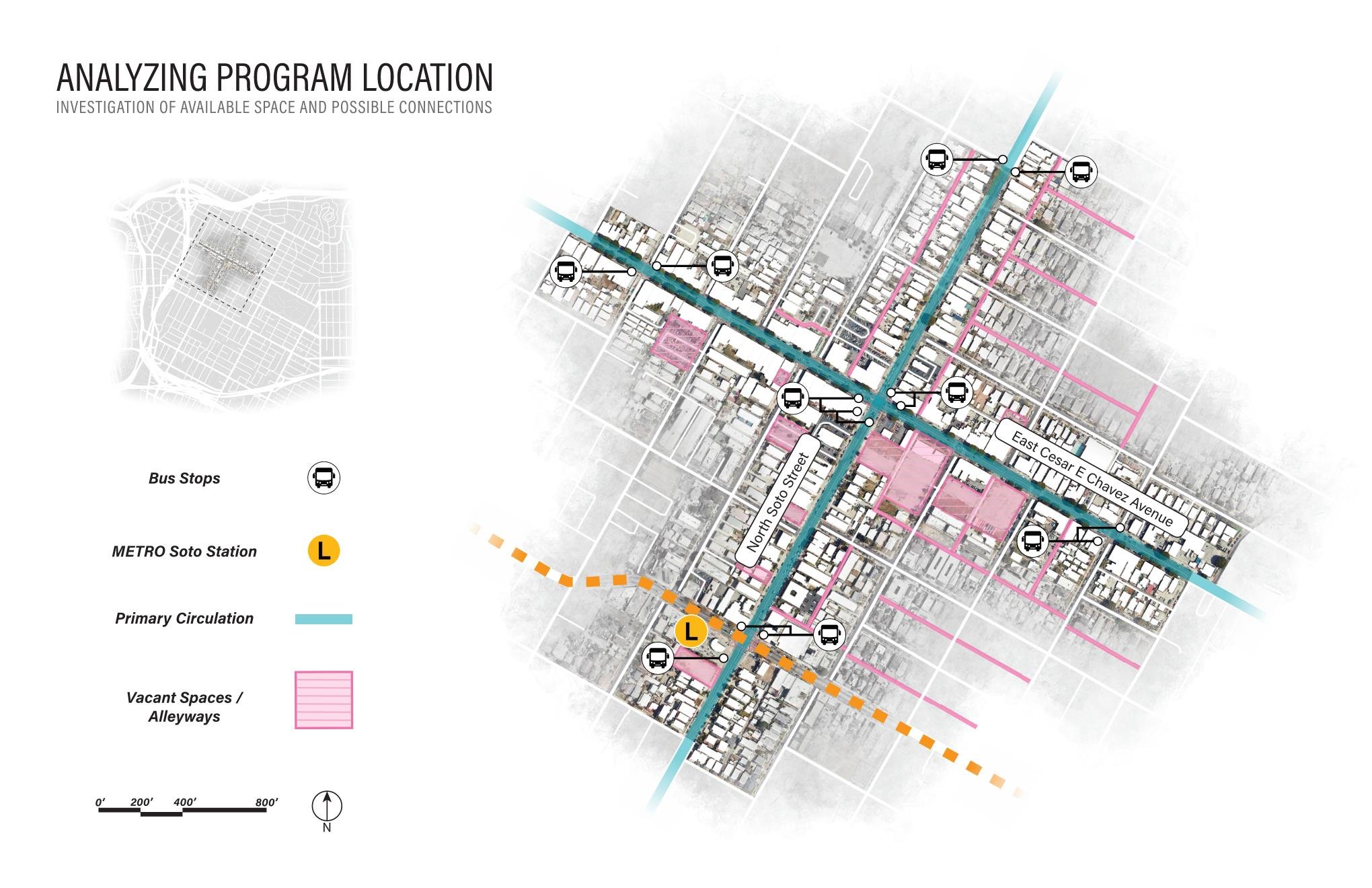
Student Work | Nicholas Froelich
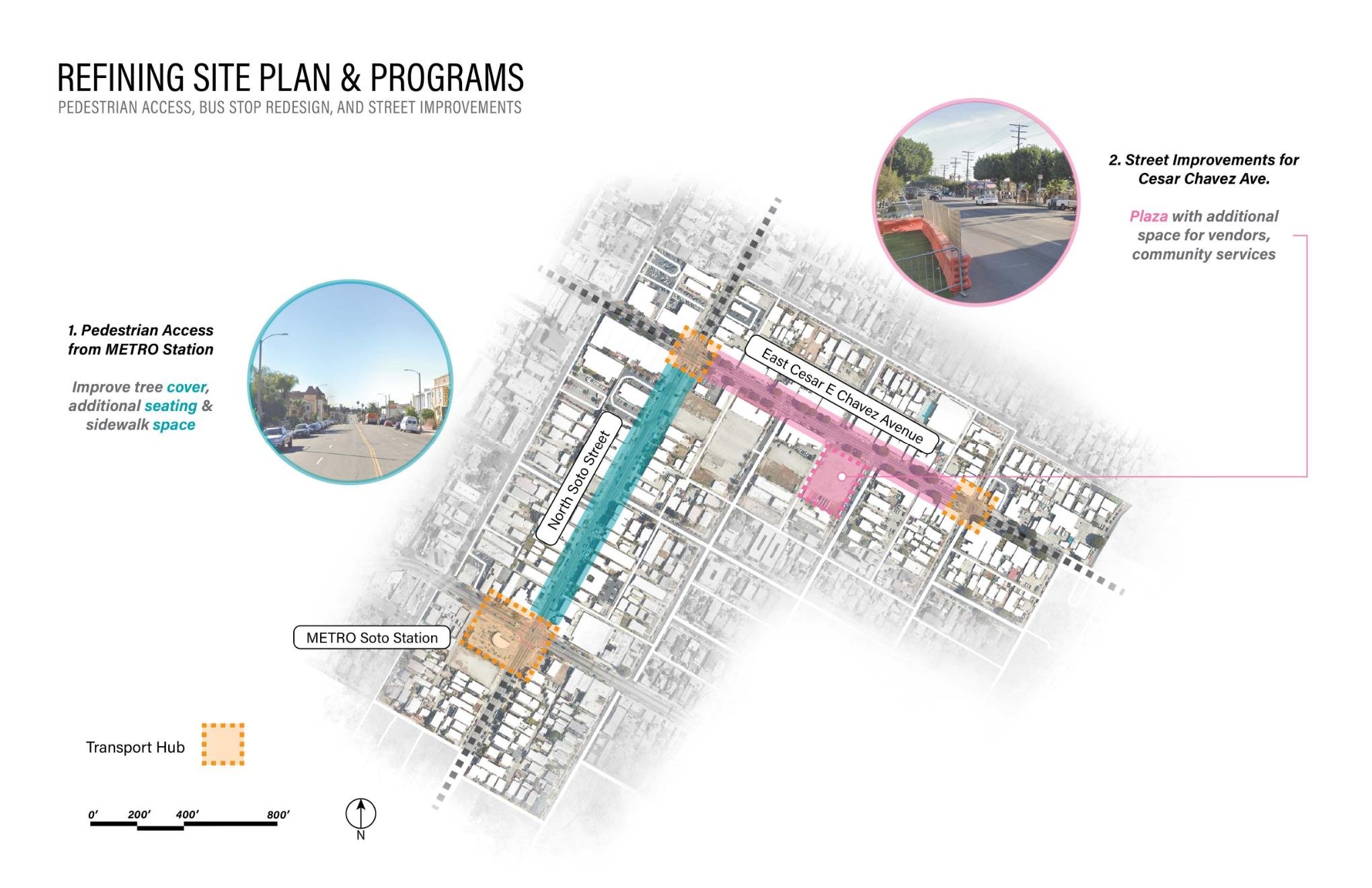
Student Work | Nicholas Froelich
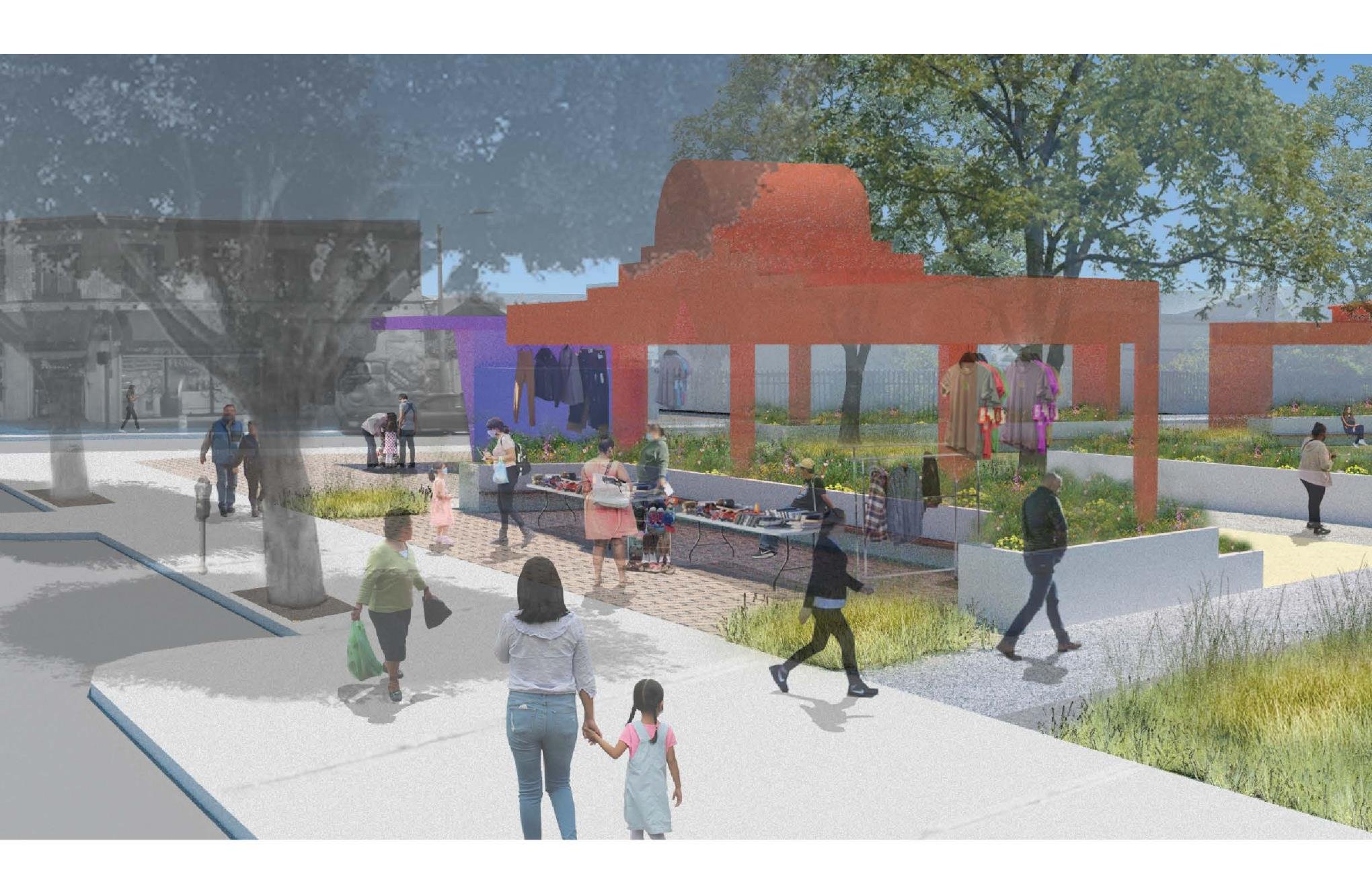
Student Work | Nicholas Froelich

Student Work | Nicholas Froelich

Student Work | Katie Houston

Student Work | Katie Houston

Student Work | Katie Houston

Student Work | Terumi Garcia

Student Work | Terumi Garcia

Student Work | Terumi Garcia

Student Work | Terumi Garcia

Student Work | Terumi Garcia

Student Work | Terumi Garcia
PERALTA HACIENDA COMMUNITY LANDSCAPE
:::
PERALTA HACIENDA COMMUNITY LANDSCAPE :::
uc berkeley college of environmental design summer institute
SUMMER 2022 | introduction to landscape architecture design
w/ graduate student instructors claire clapp-adams & dana tinio
"Hacienda Peralta, Community Landscape" is an intensive foundational studio course that asks students to comprehend the relationships between community, ecology, urban forces, and cultural conditions. Hacienda Peralta is a well-used and revered community epicenter in Fruitvale. The neighborhood holds a diverse cultural-political history. It is also an urban riparian interface where Peralta Creek daylights. The site is both culturally and ecologically powerful. This studio requires students to actively understand the relationship between landscape and human presence. Observation, documentation, research, and conceptual imagination will be rigorously engaged. We will first build the basic skill of learning how to look at and create landscape architectural drawings. Plans, sections, elevations, and perspectives are ways of communicating basic information about topography, infrastructure, geology, and ecology. Students will enact the creative and analytical processes of making that moves us closer to understanding the possibilities of a site. Landscape design is unique, because its materials are non-static. Landscapes are borne of human and ecological processes. Analyzing and observing these changes requires iteration, observation, research, imagination, and graphic communication.
Landscape architecture design skills gained in this studio will be:
Communicating, analyzing and investigating through drawing.
Researching and creating diagrams that express the history, community demographics, ecology, infrastructure, and program of a site.
Understanding the various ways in which a landscape is used both actively and passively.
Unearthing the various possibilities of a site, and developing a design idea.
Testing design ideas via iterative drawing and making.
Developing a design concept and story, and articulating this idea graphically.

Student Work | Mikayla Spierer

Student Work | Mikayla Spierer
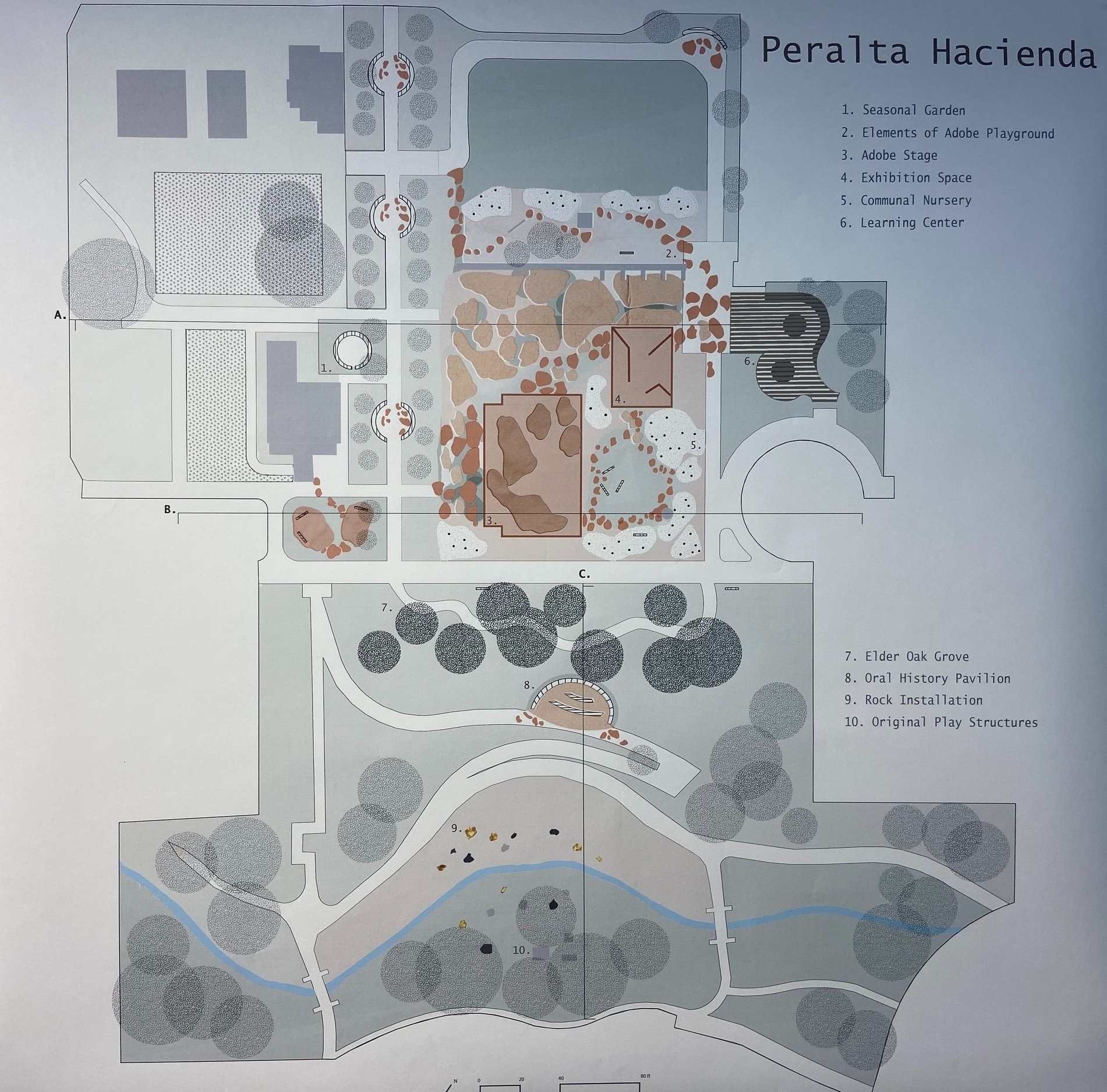
Student Work | Mikayla Spierer
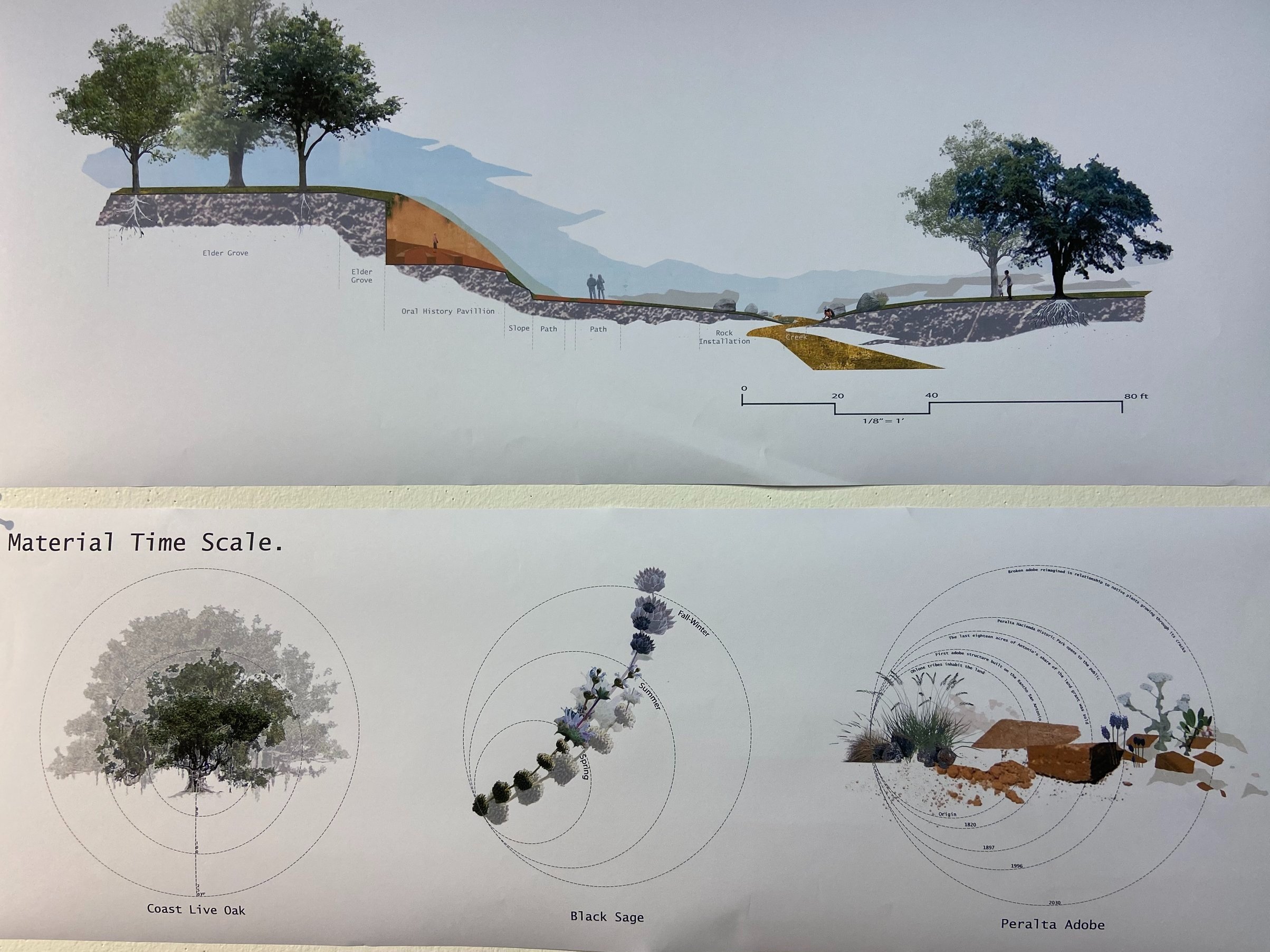
Student Work | Mikayla Spierer
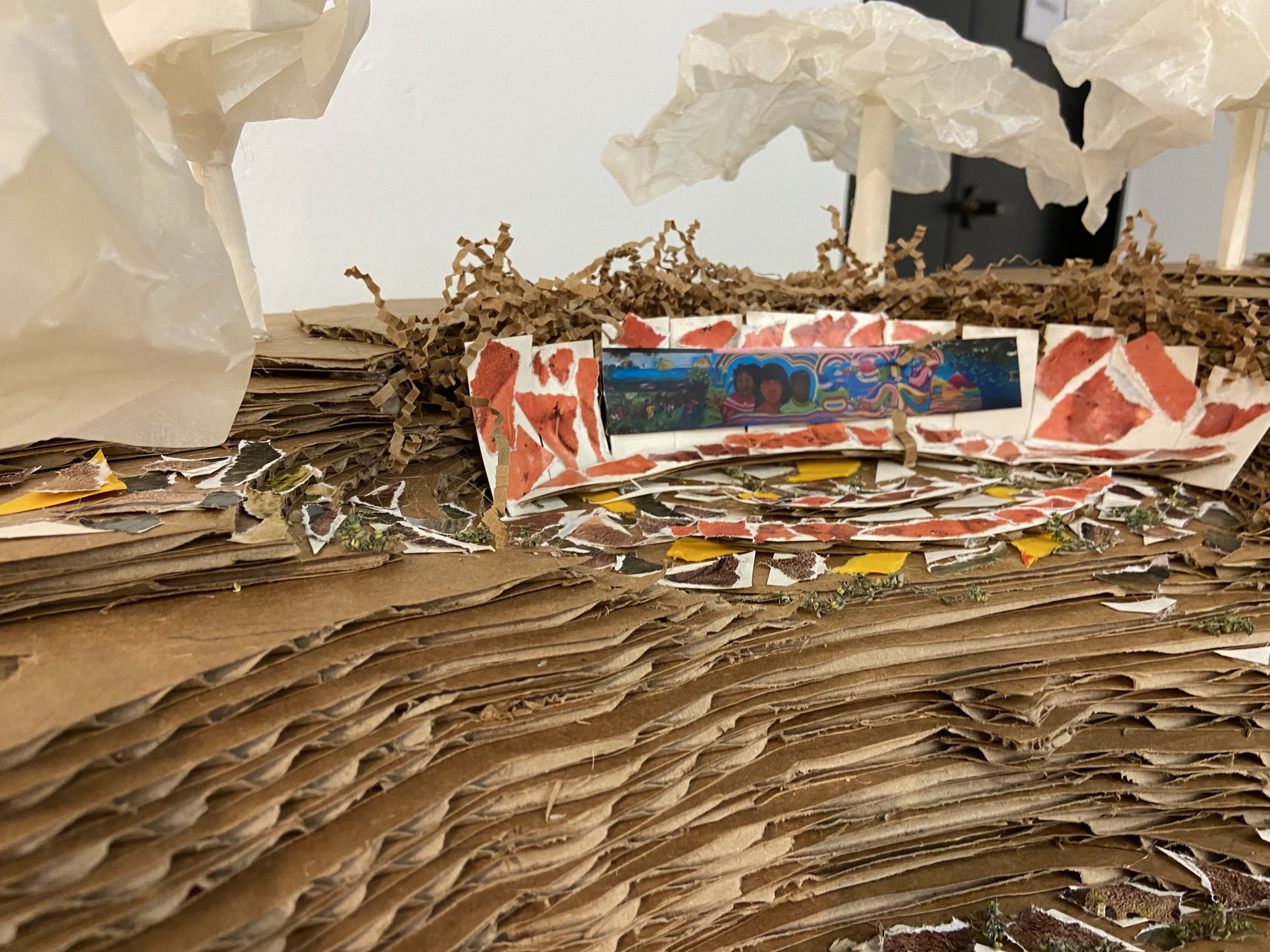
Student Work | Mikayla Spierer

Student Work | Jimmy Ramirez

Student Work | Jimmy Ramirez

Student Work | Kristal Çelik

Student Work | Kristal Çelik

Student Work | Kristal Çelik
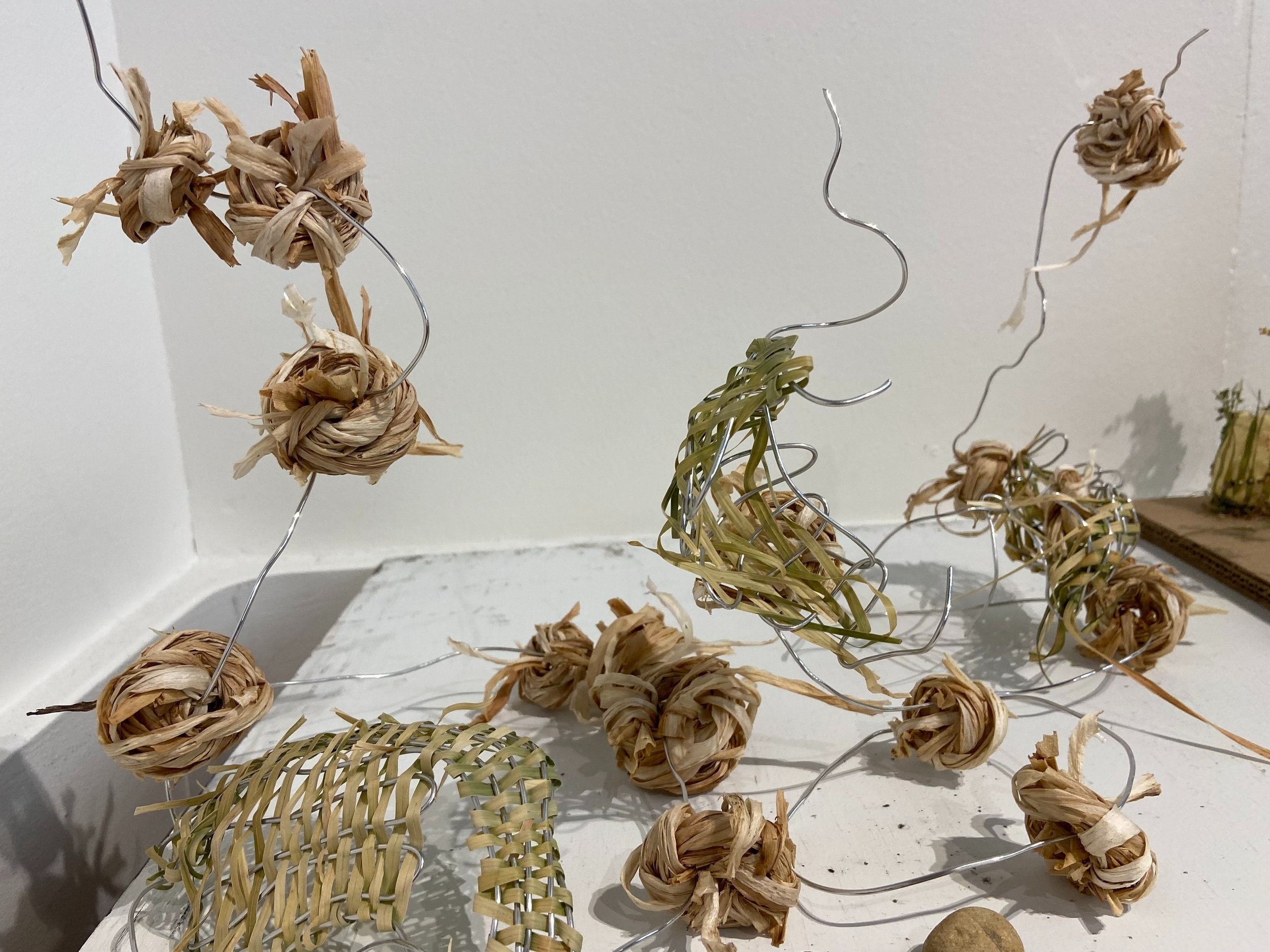
Student Work | Kristal Çelik

Student Work | Kristal Çelik
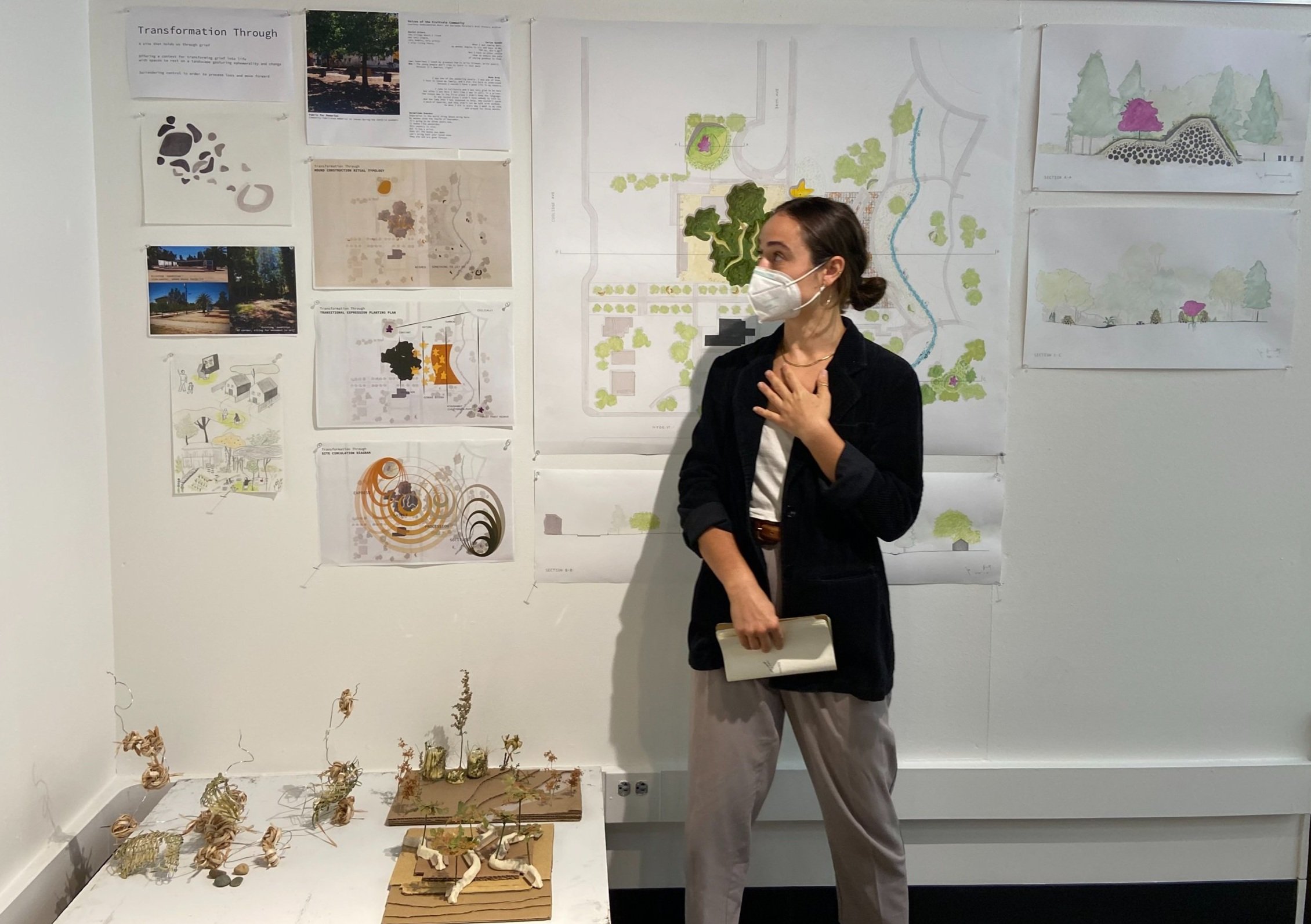
Student Work | Kristal Çelik

Student Work | Hattie Matzdorf

Student Work | Casey Wedding

Student Work | Freeman Taylor
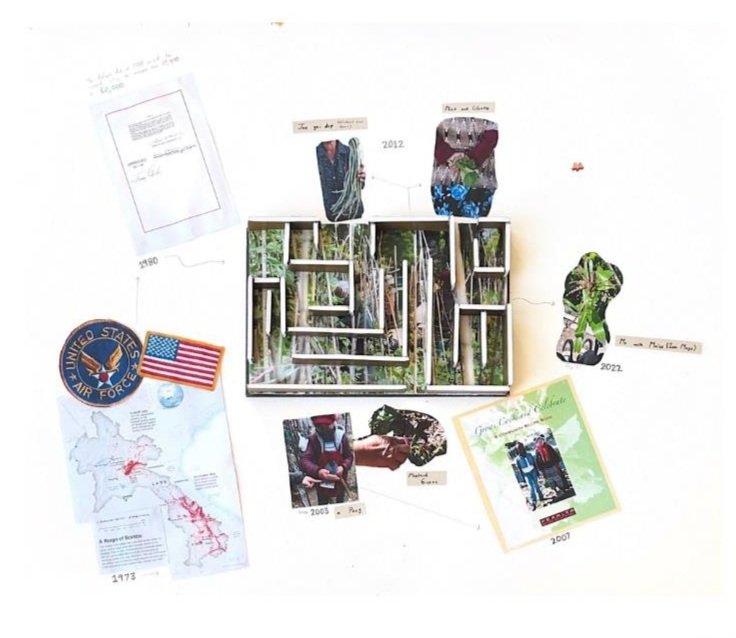
Student Work | Freeman Taylor
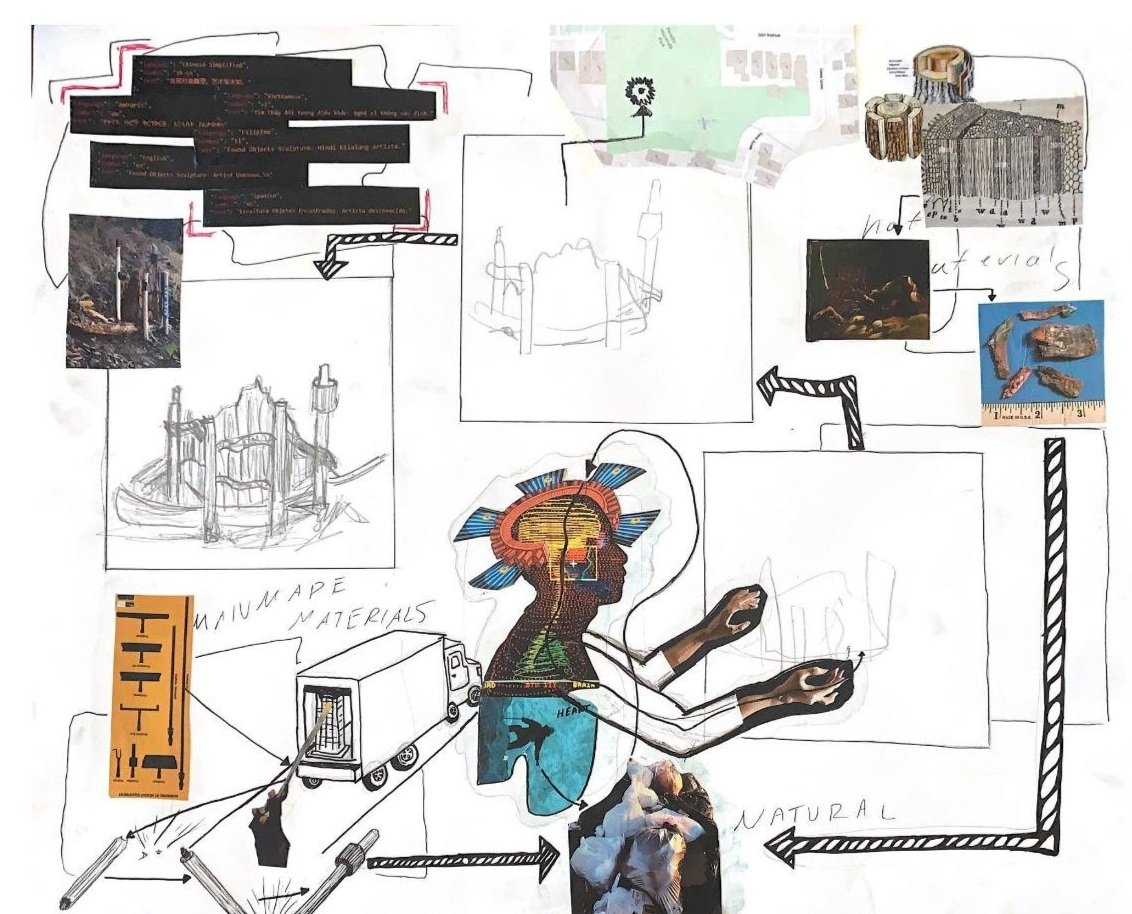
Student Work | Zoe Brady

Student Work | Zoe Brady
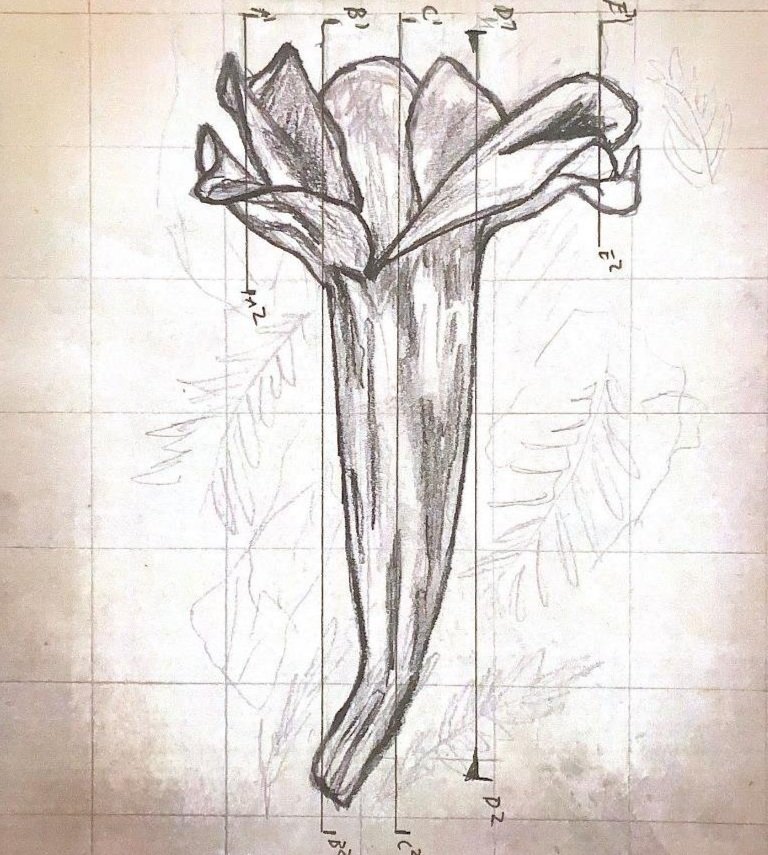
Student Work | Zoe Brady